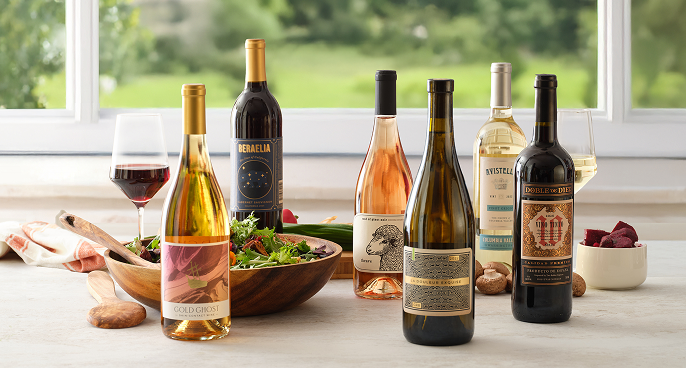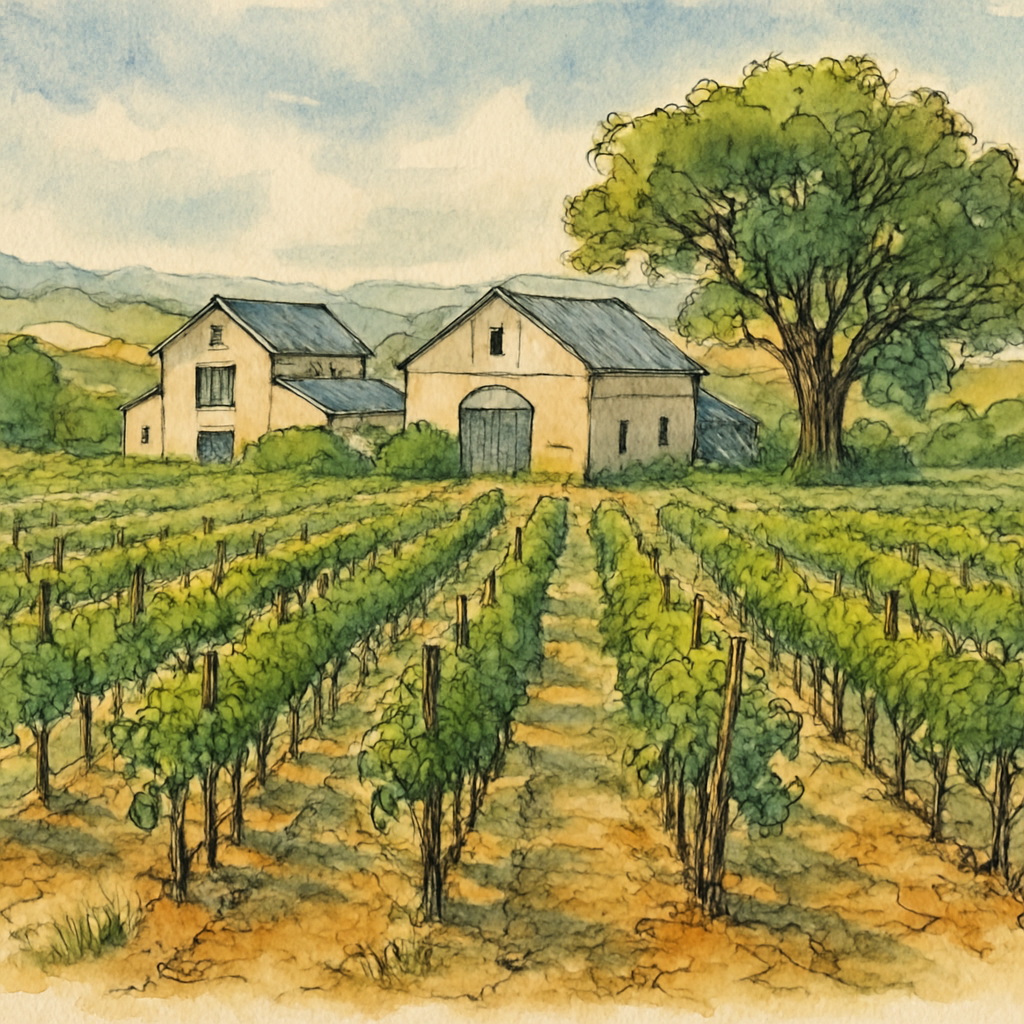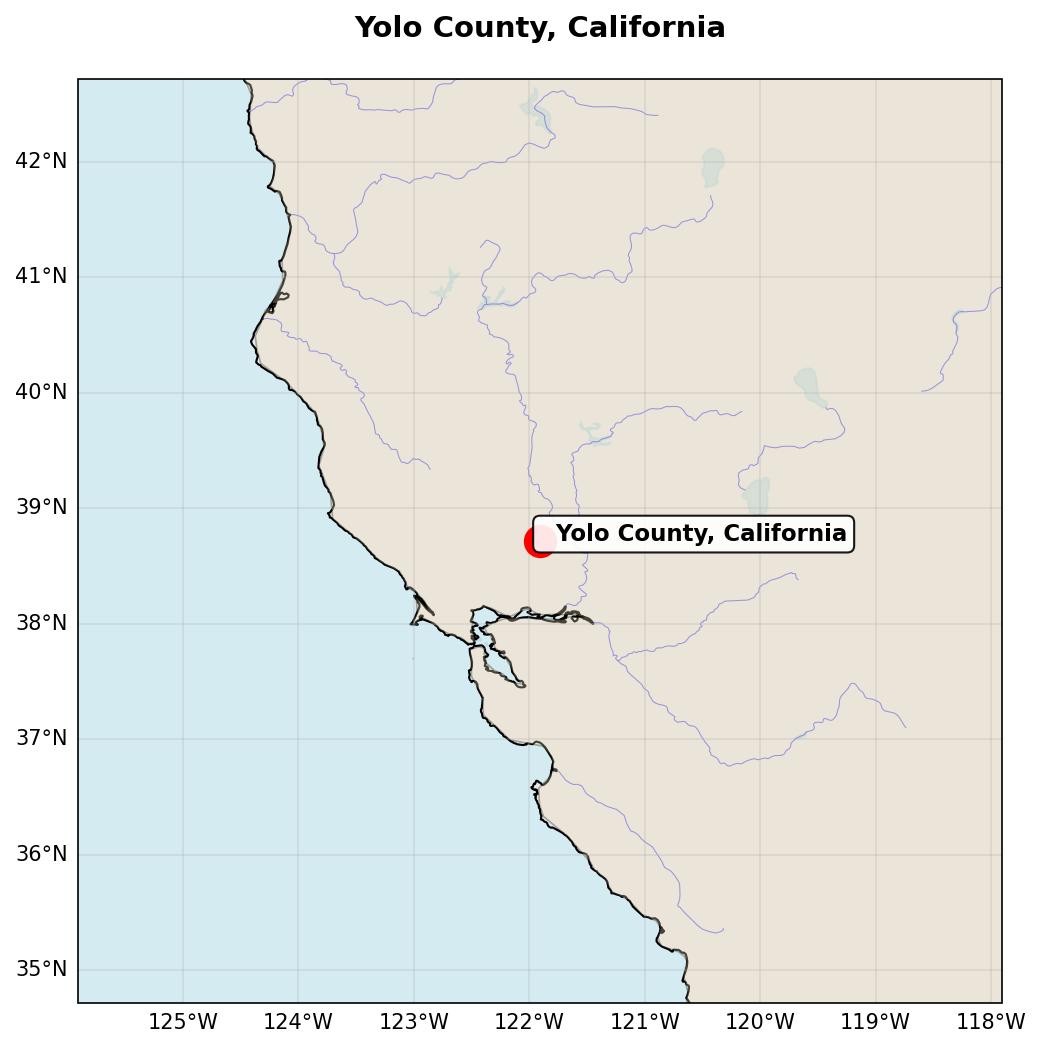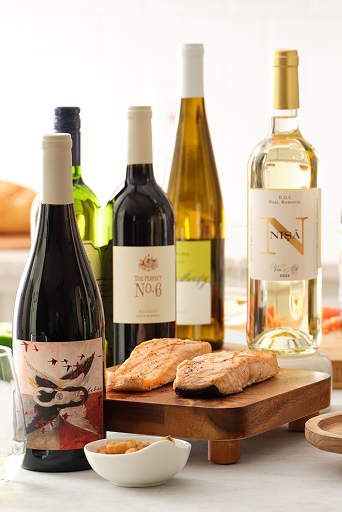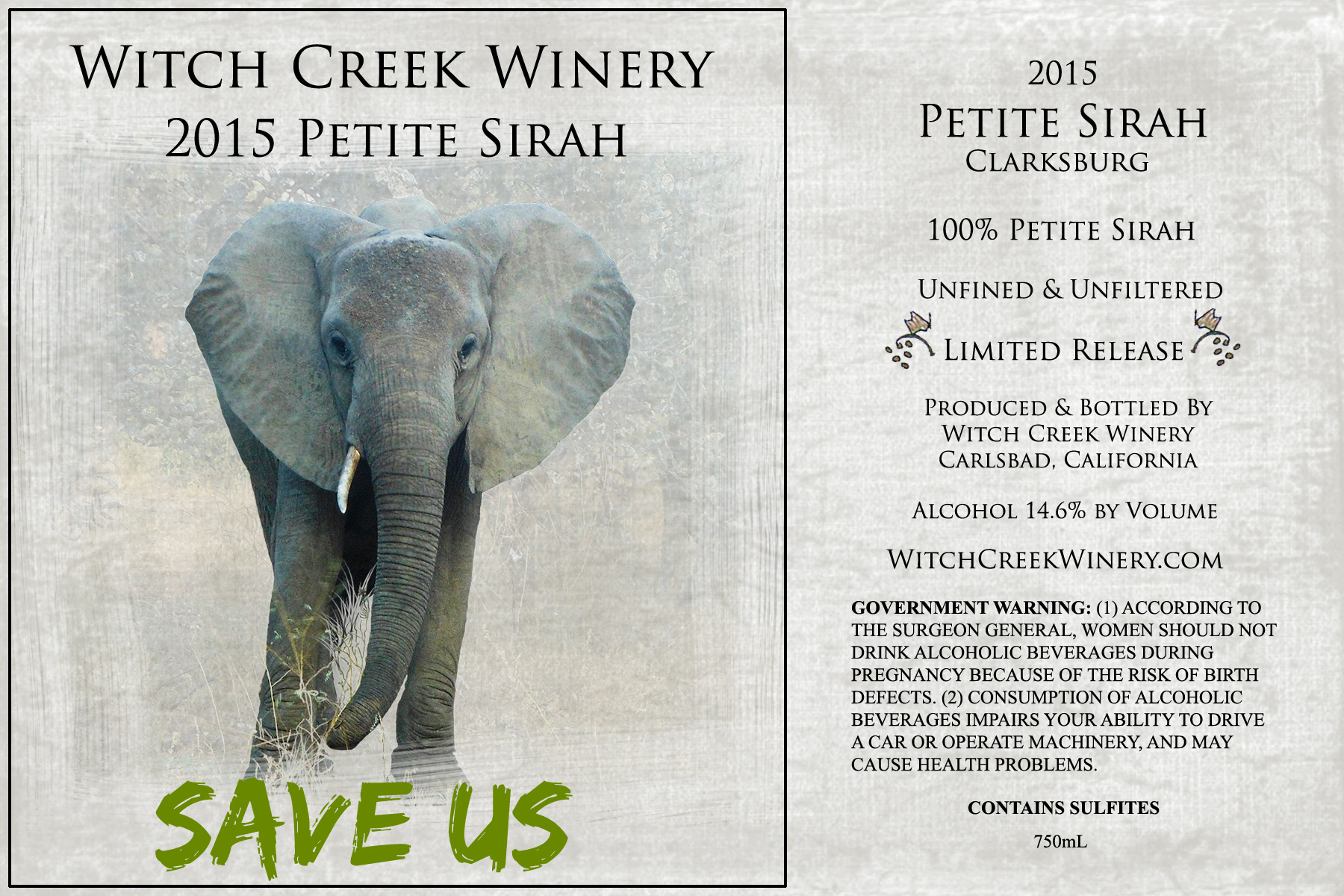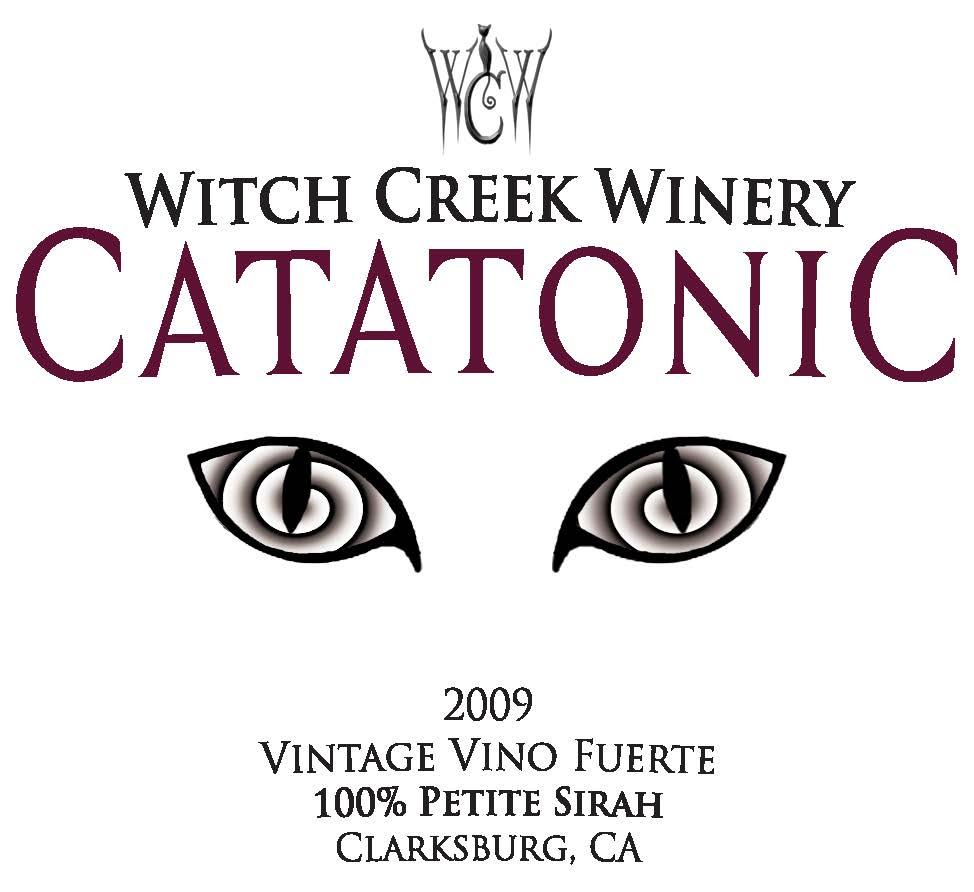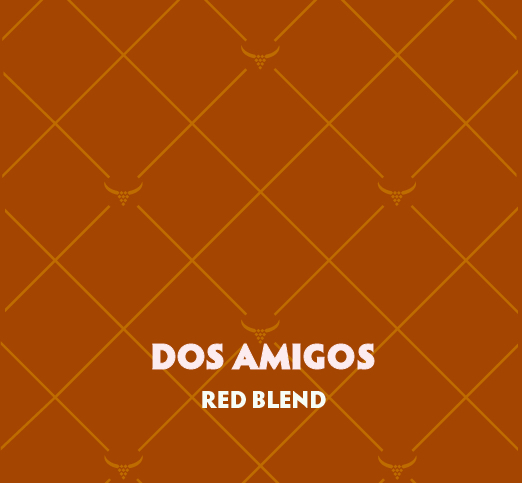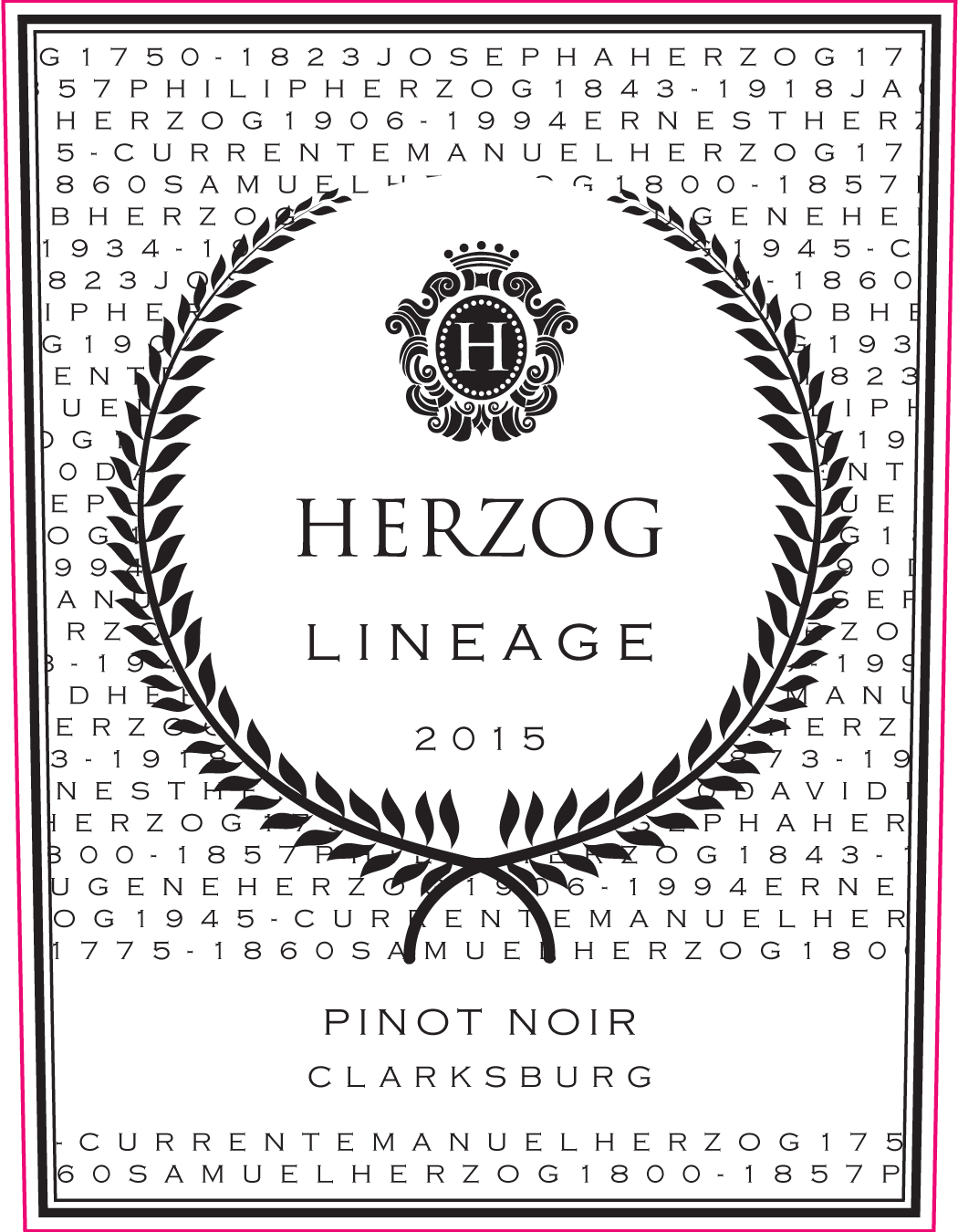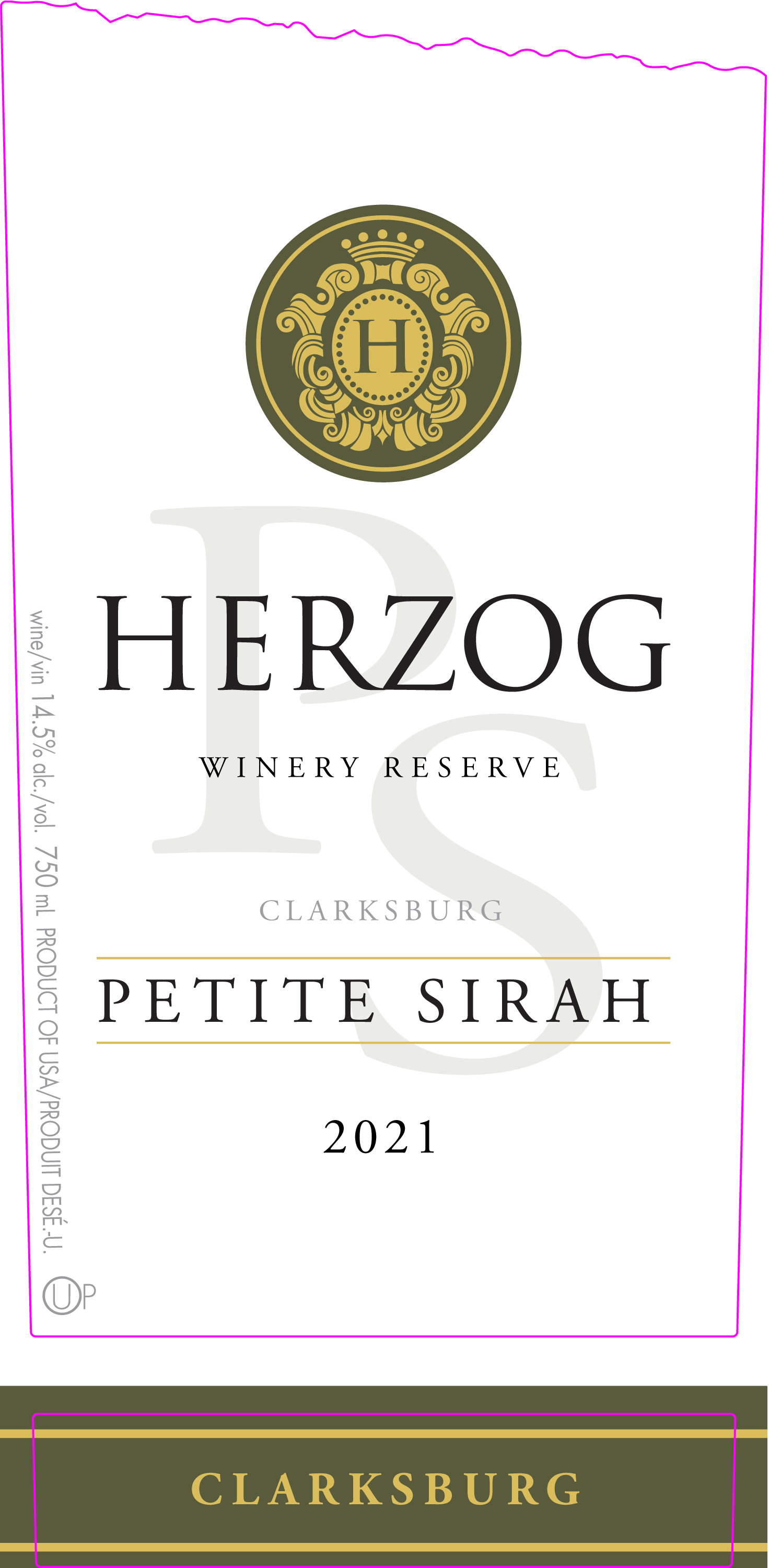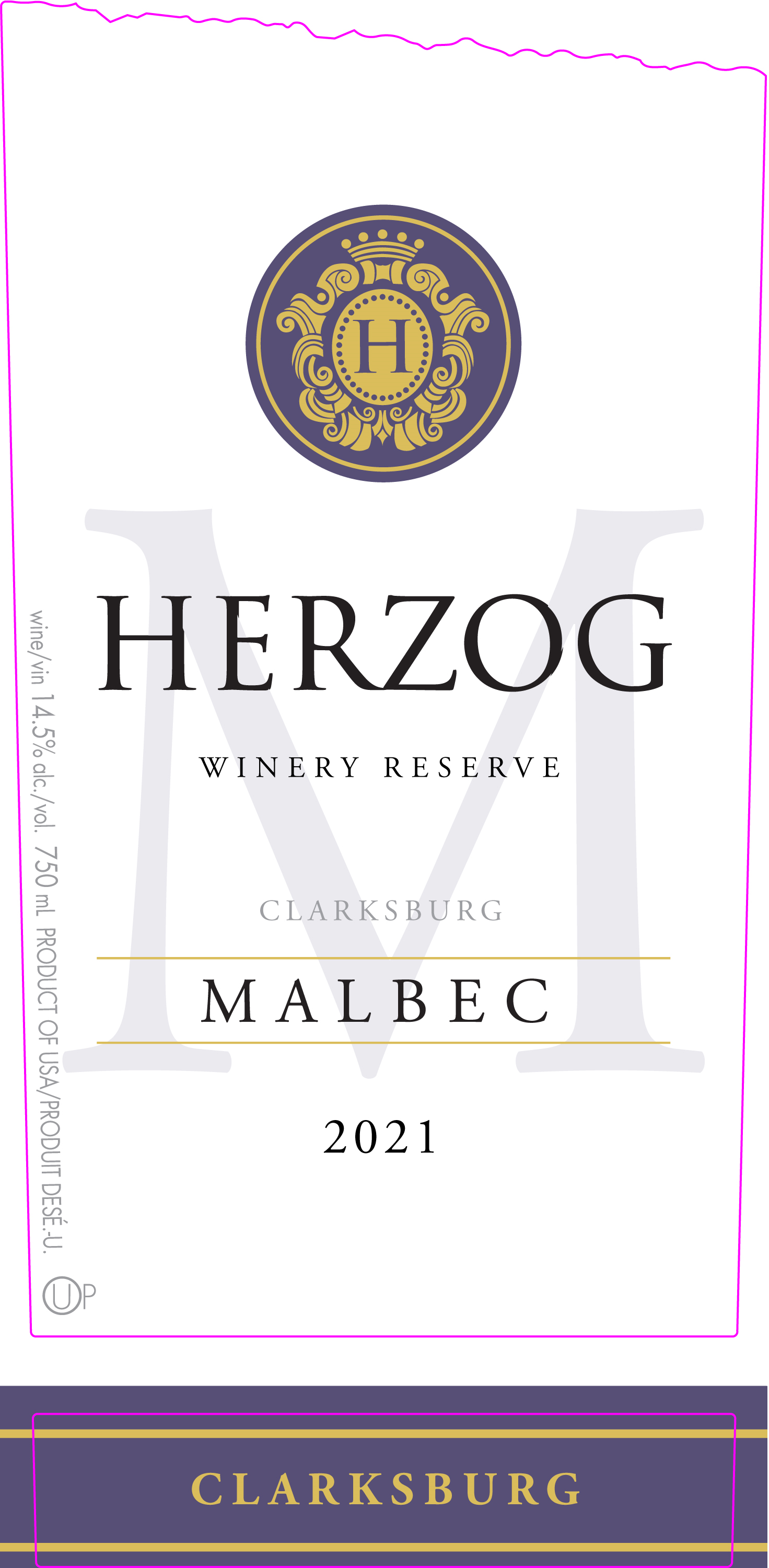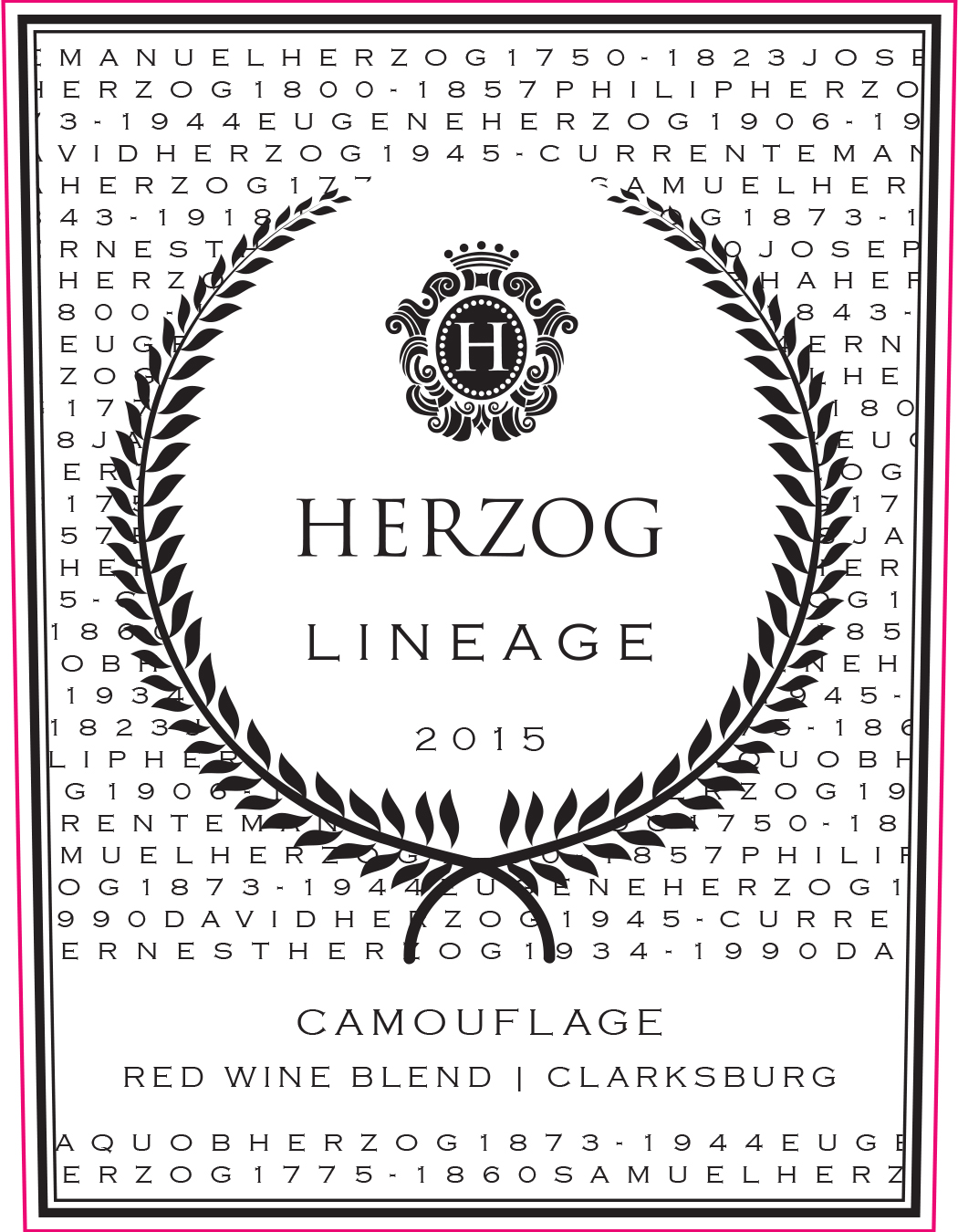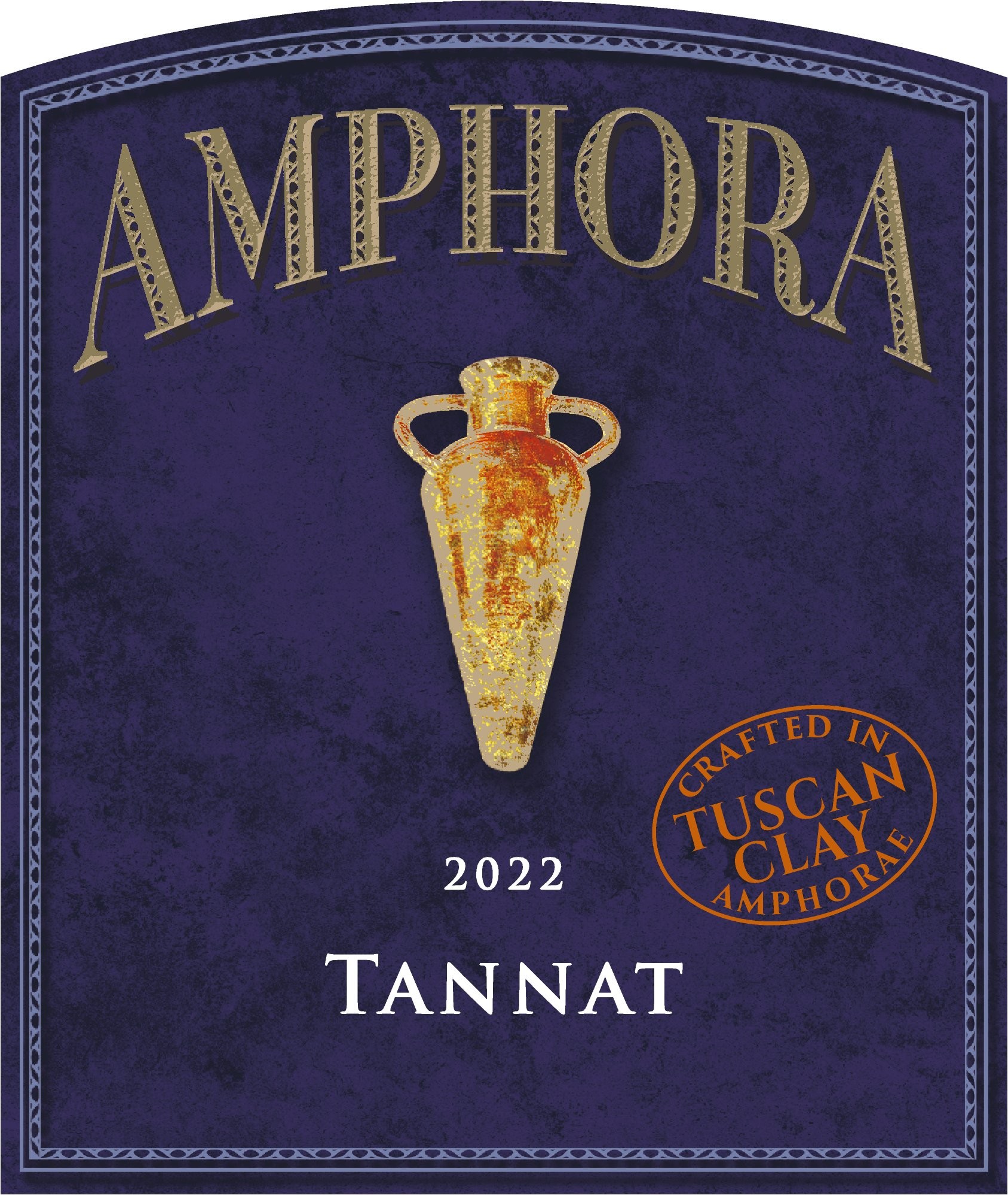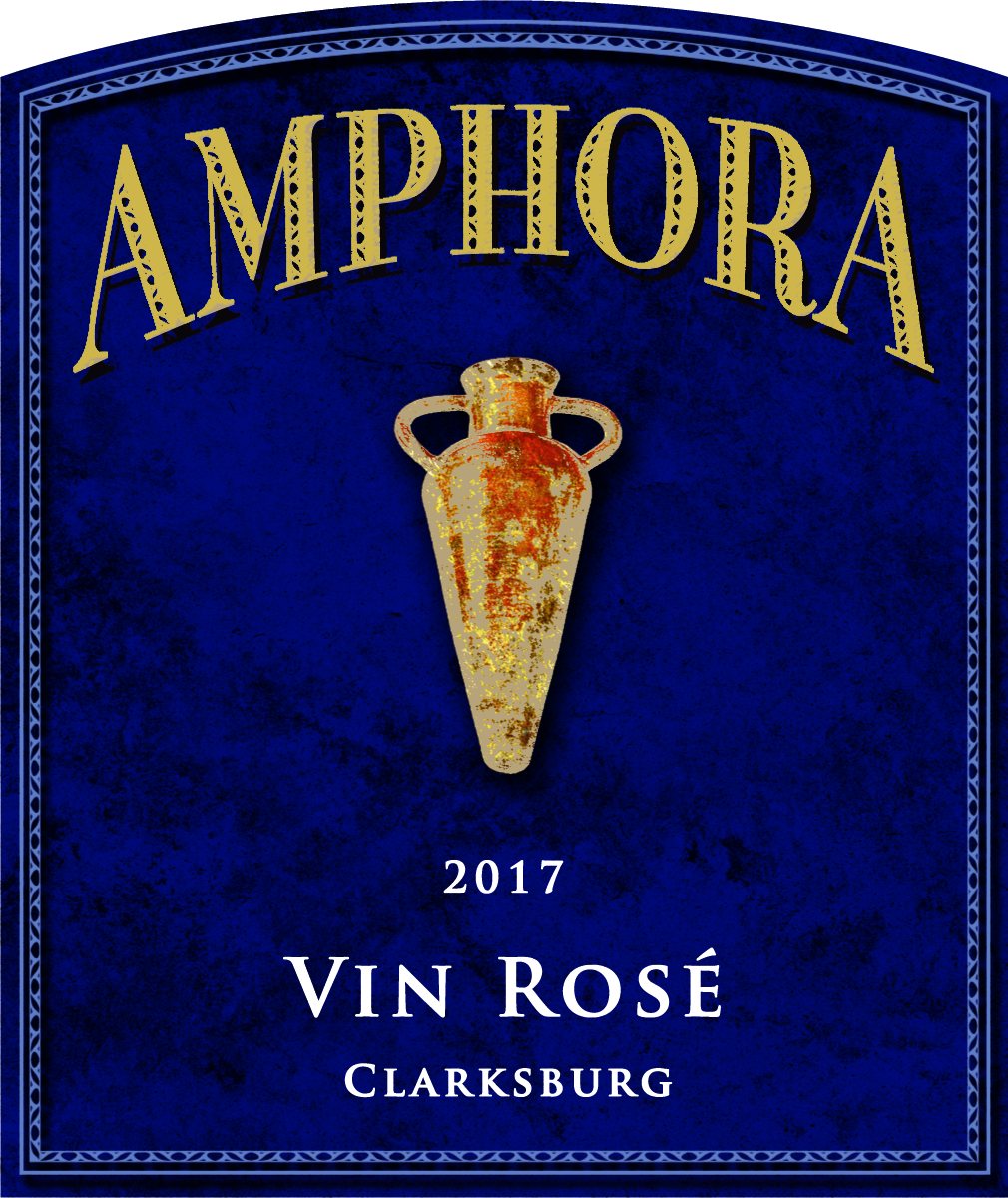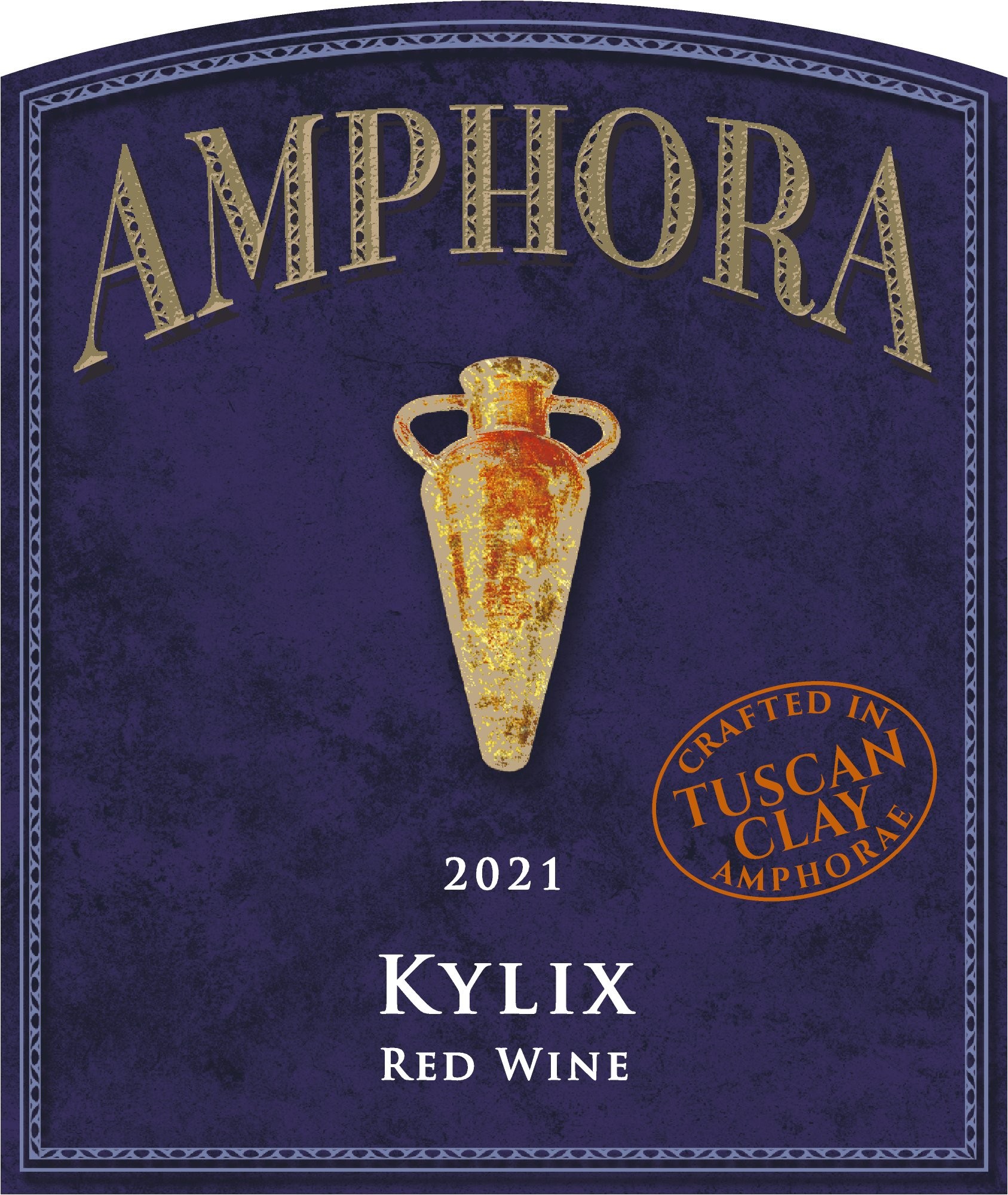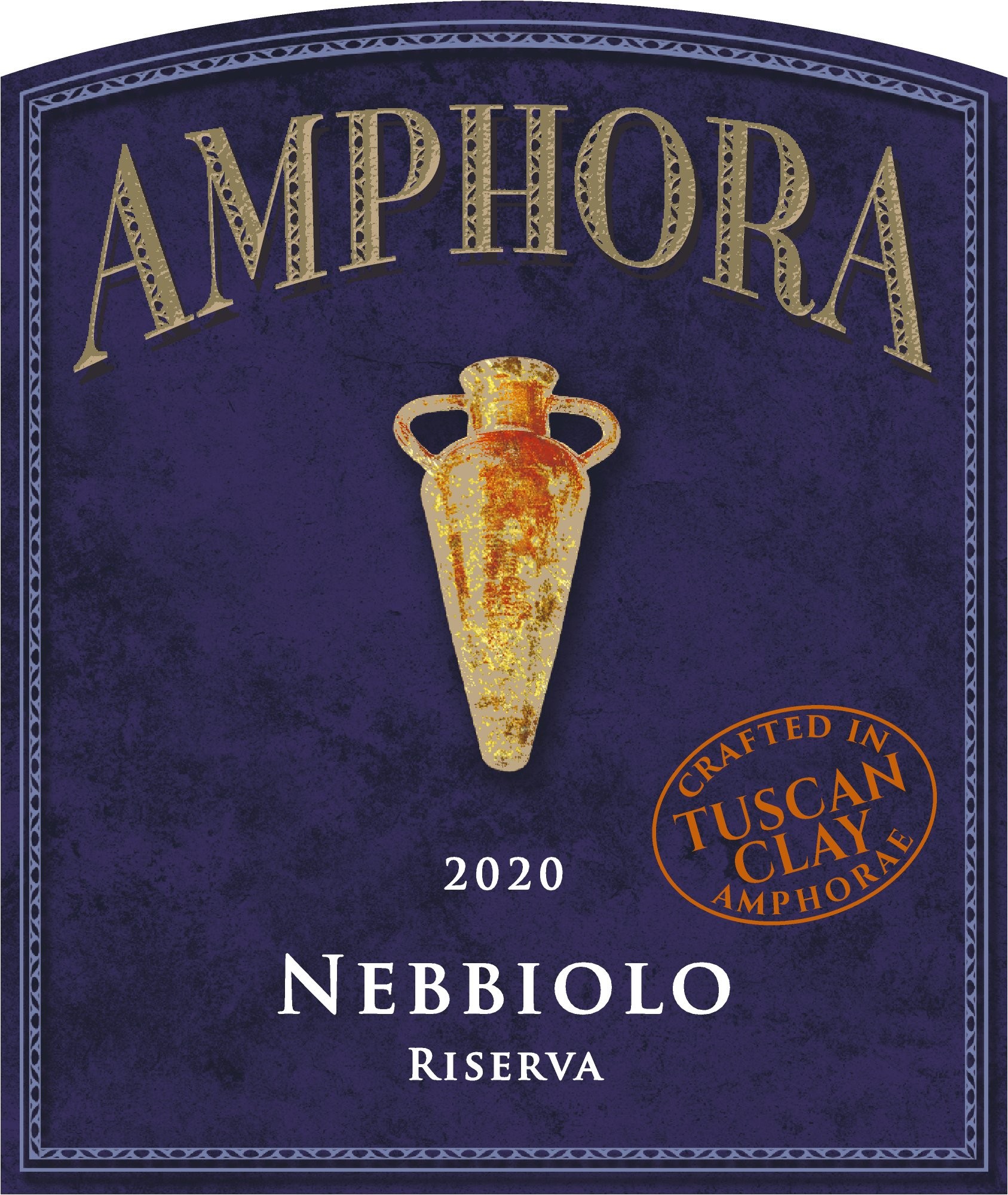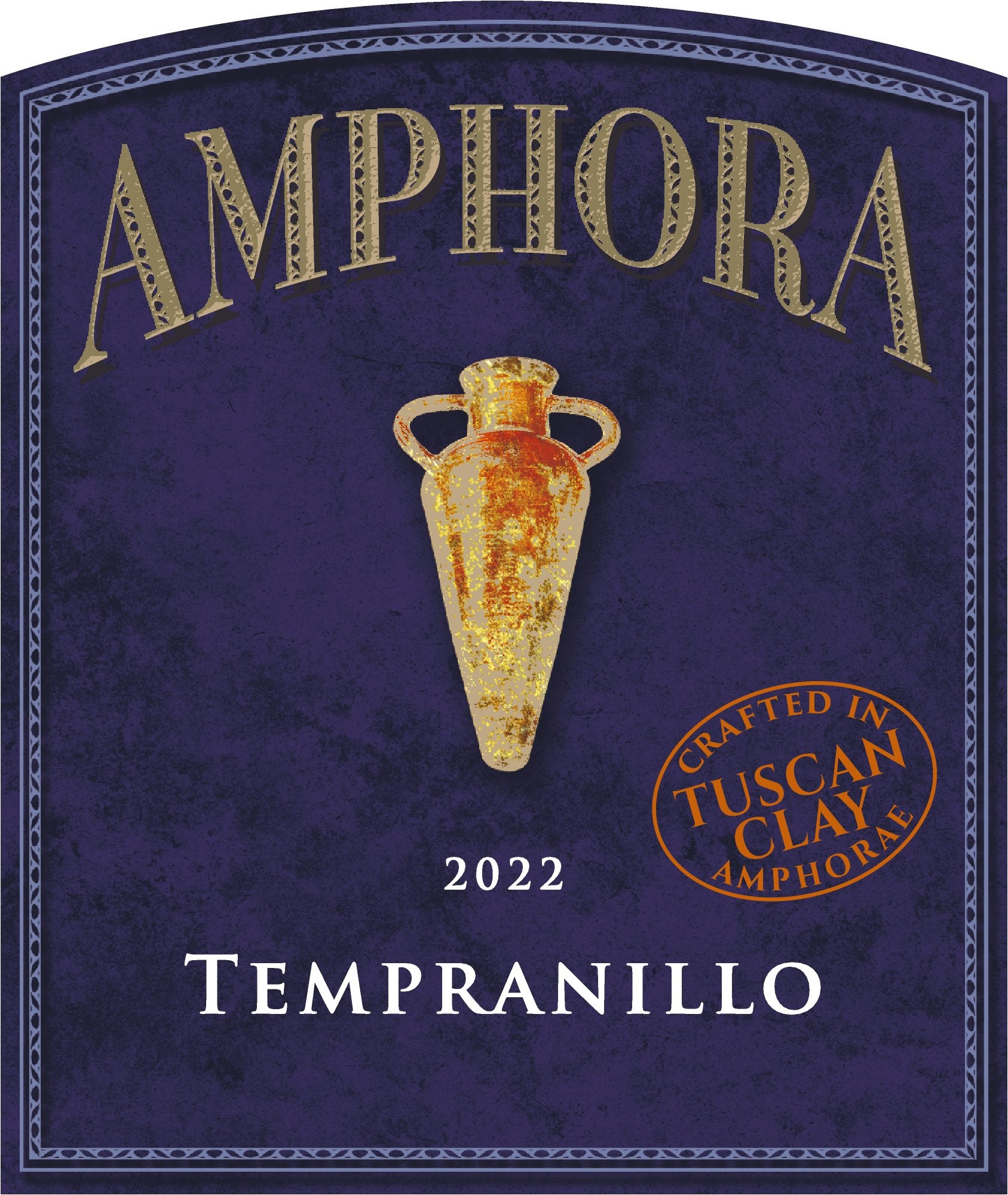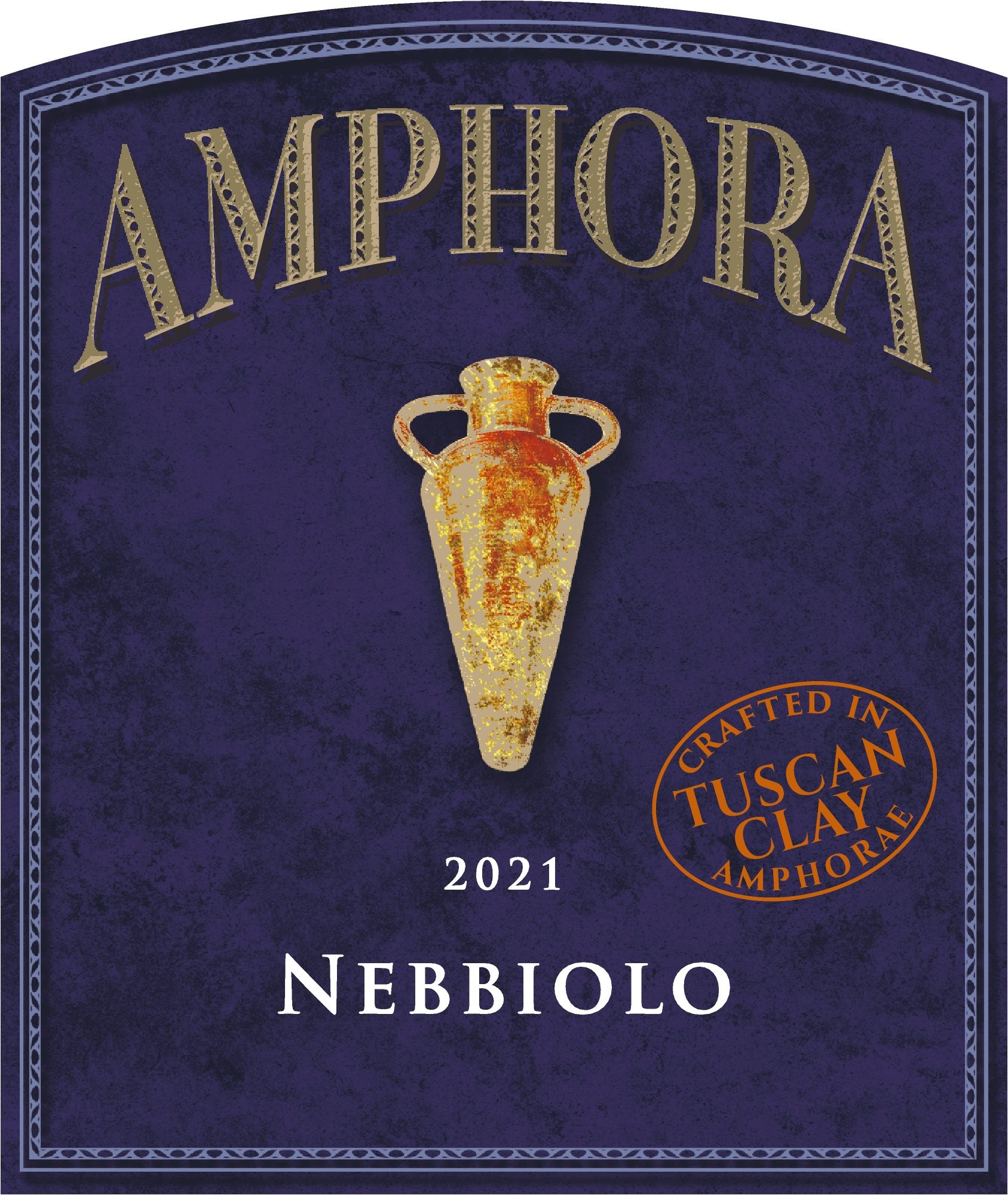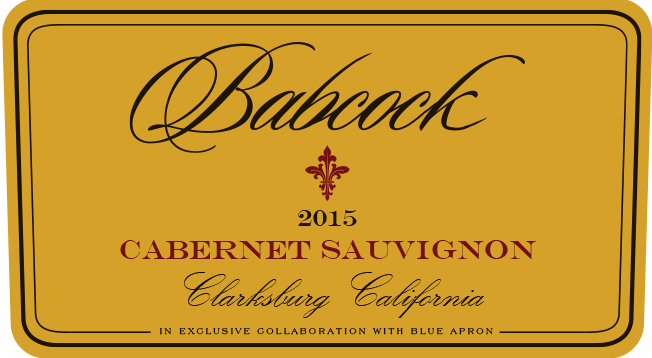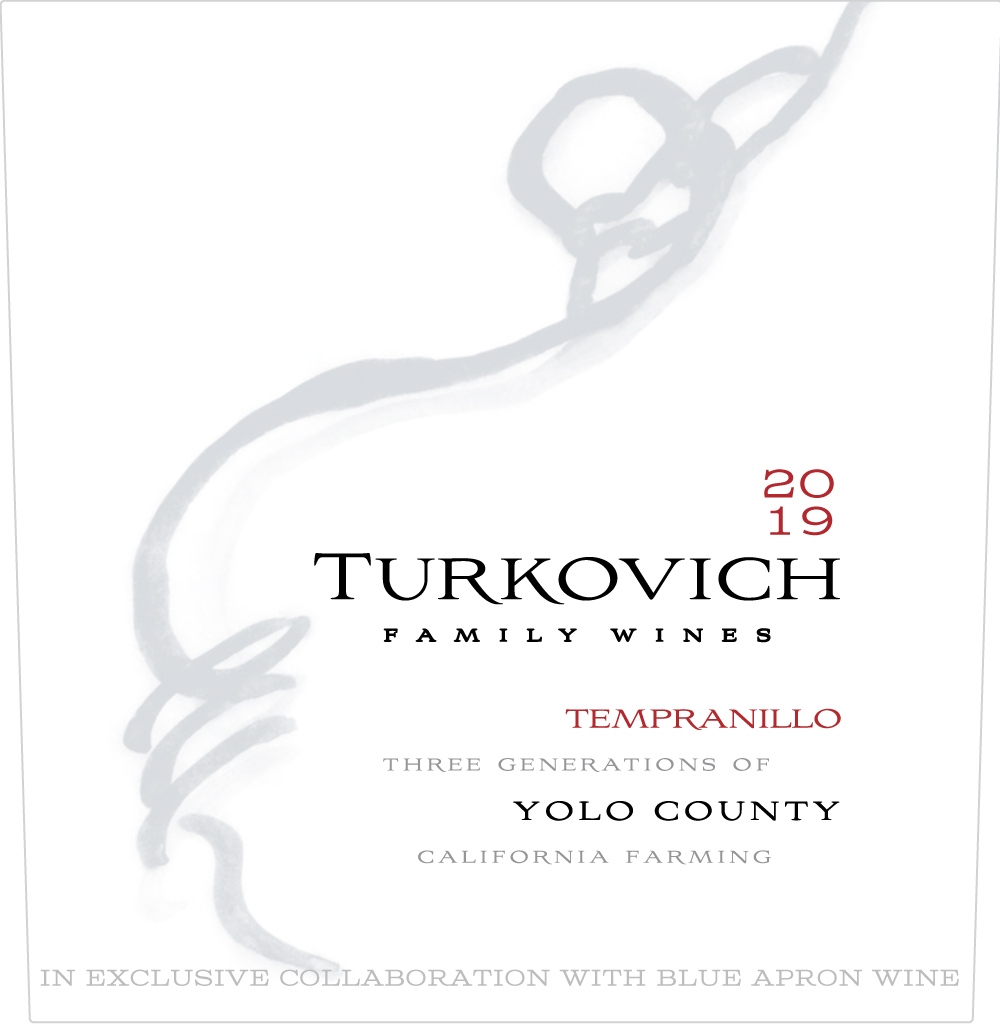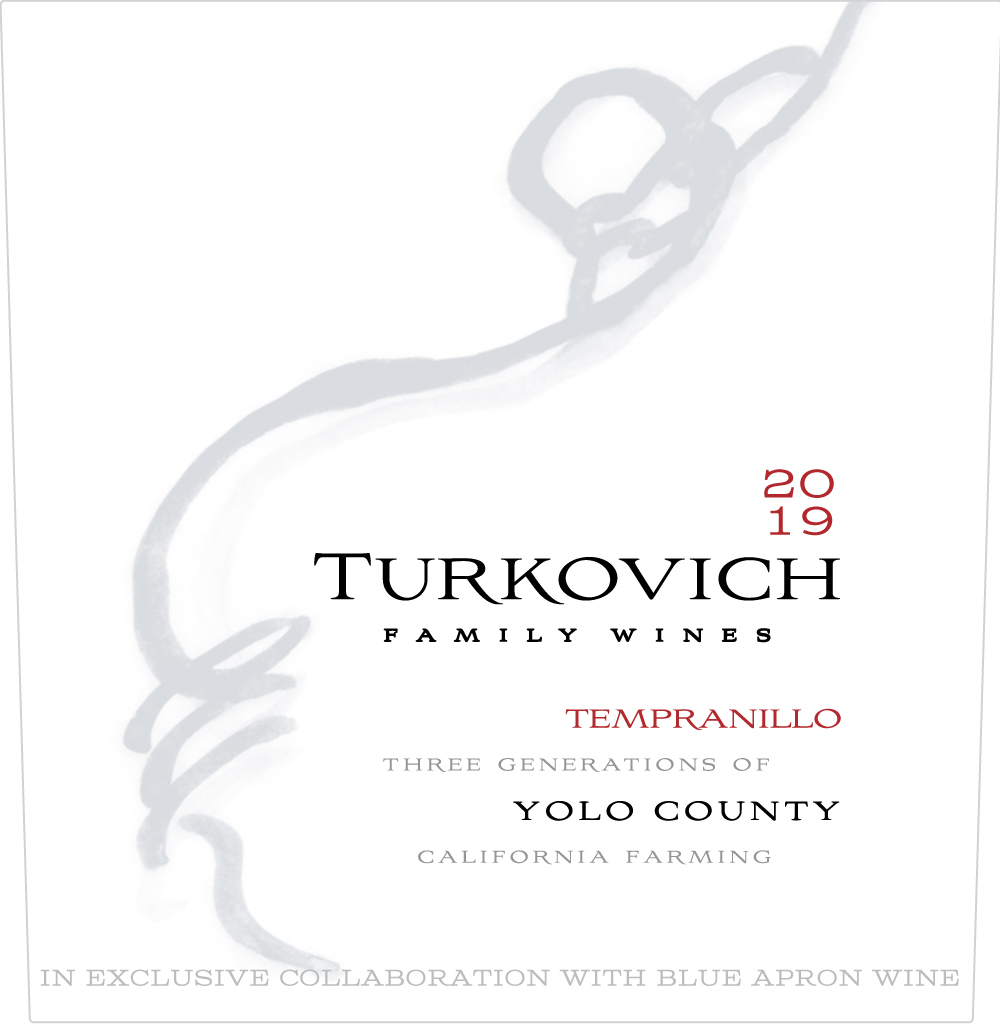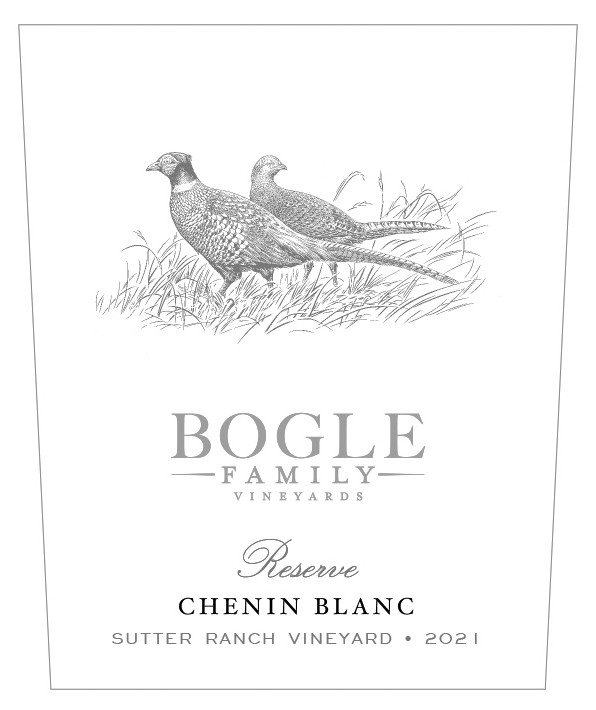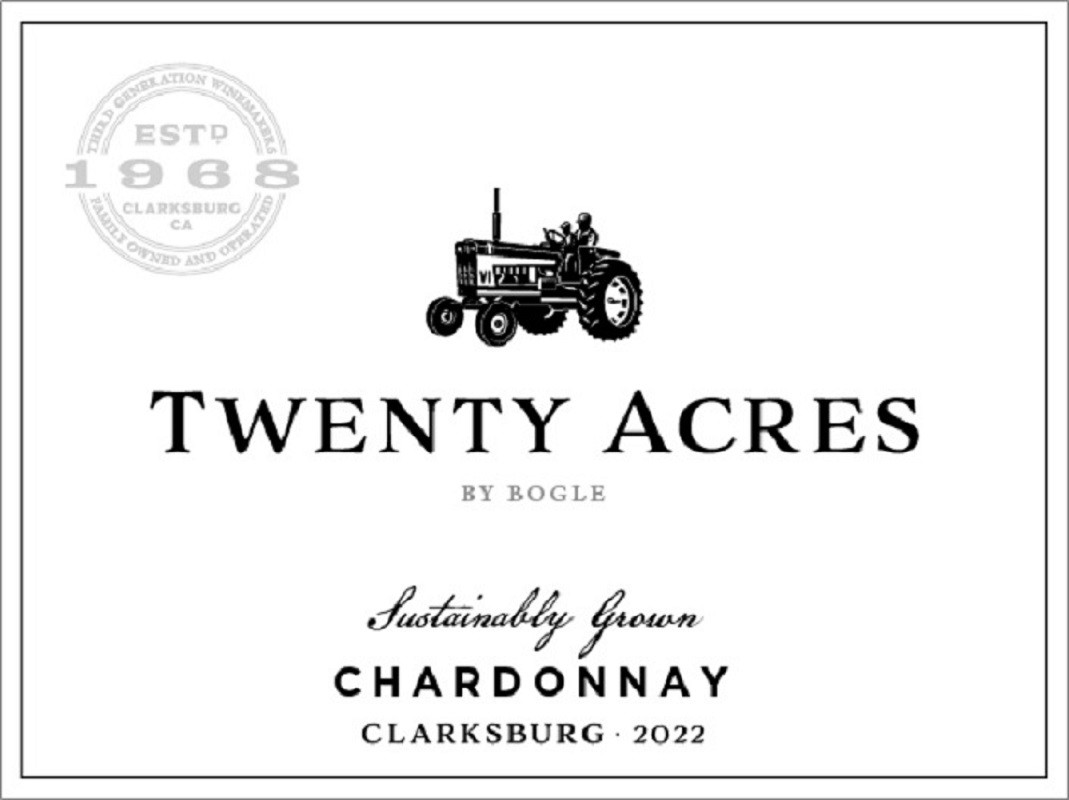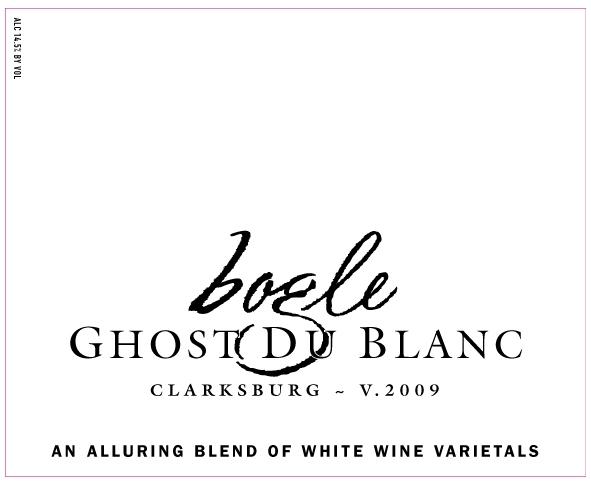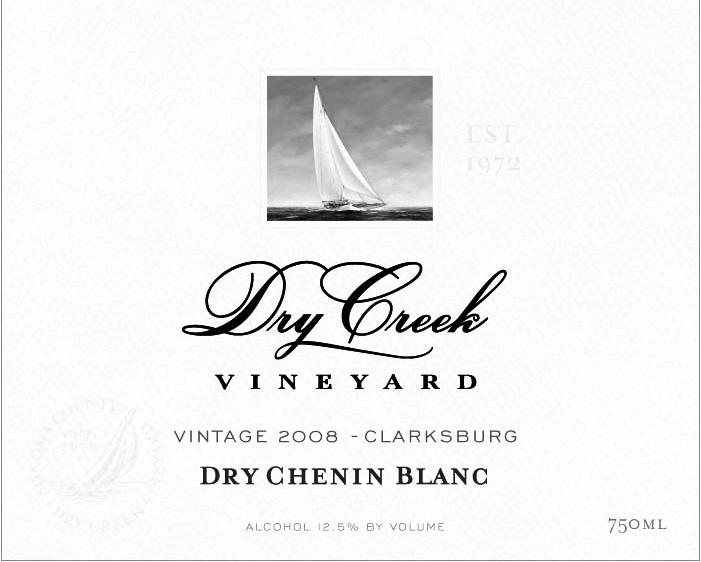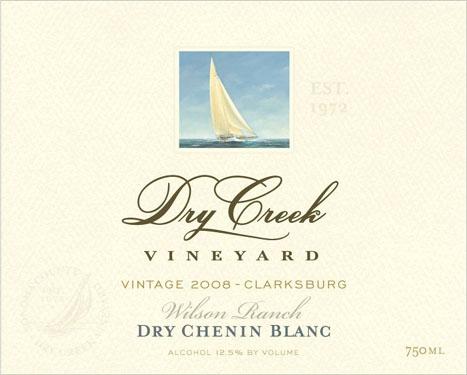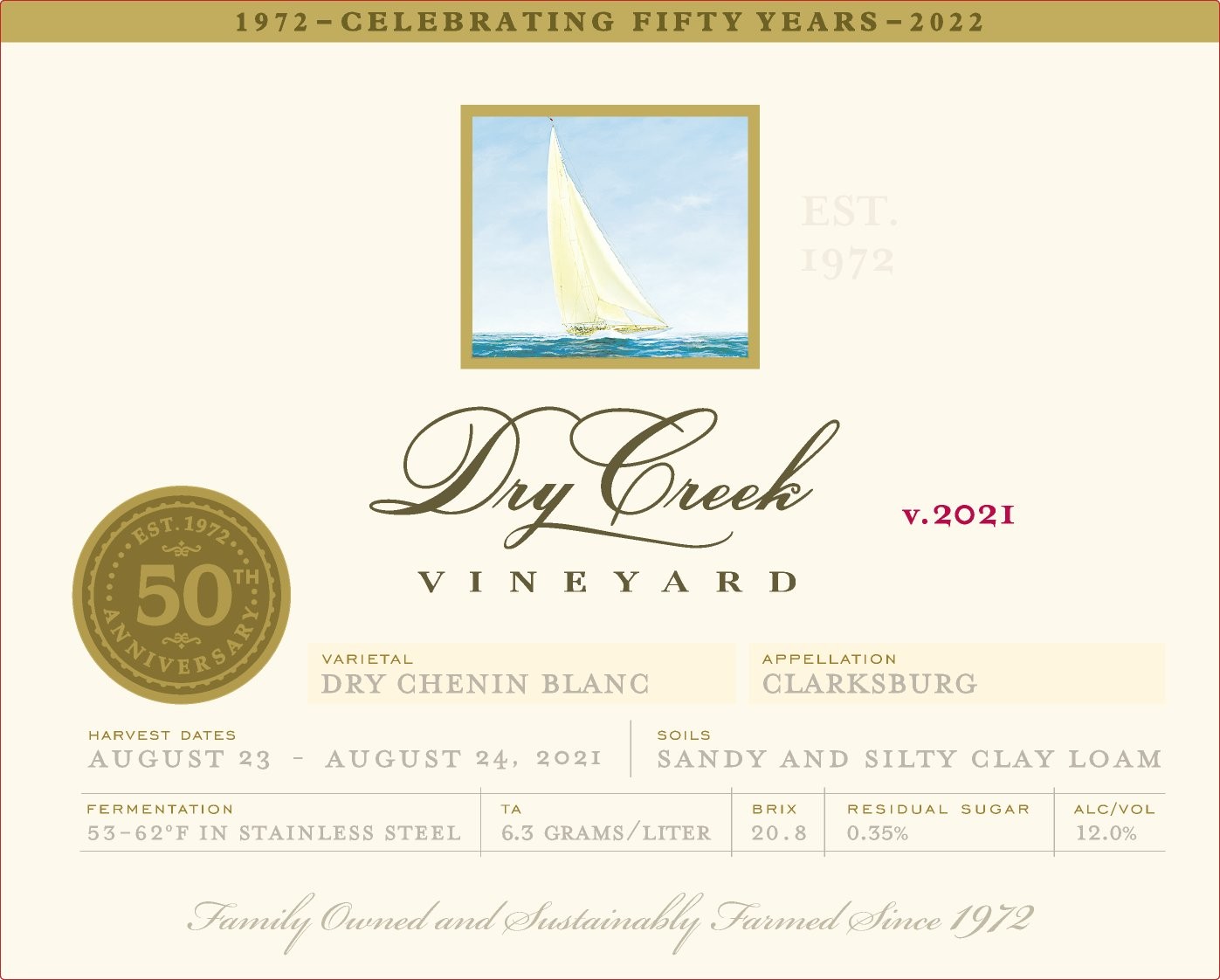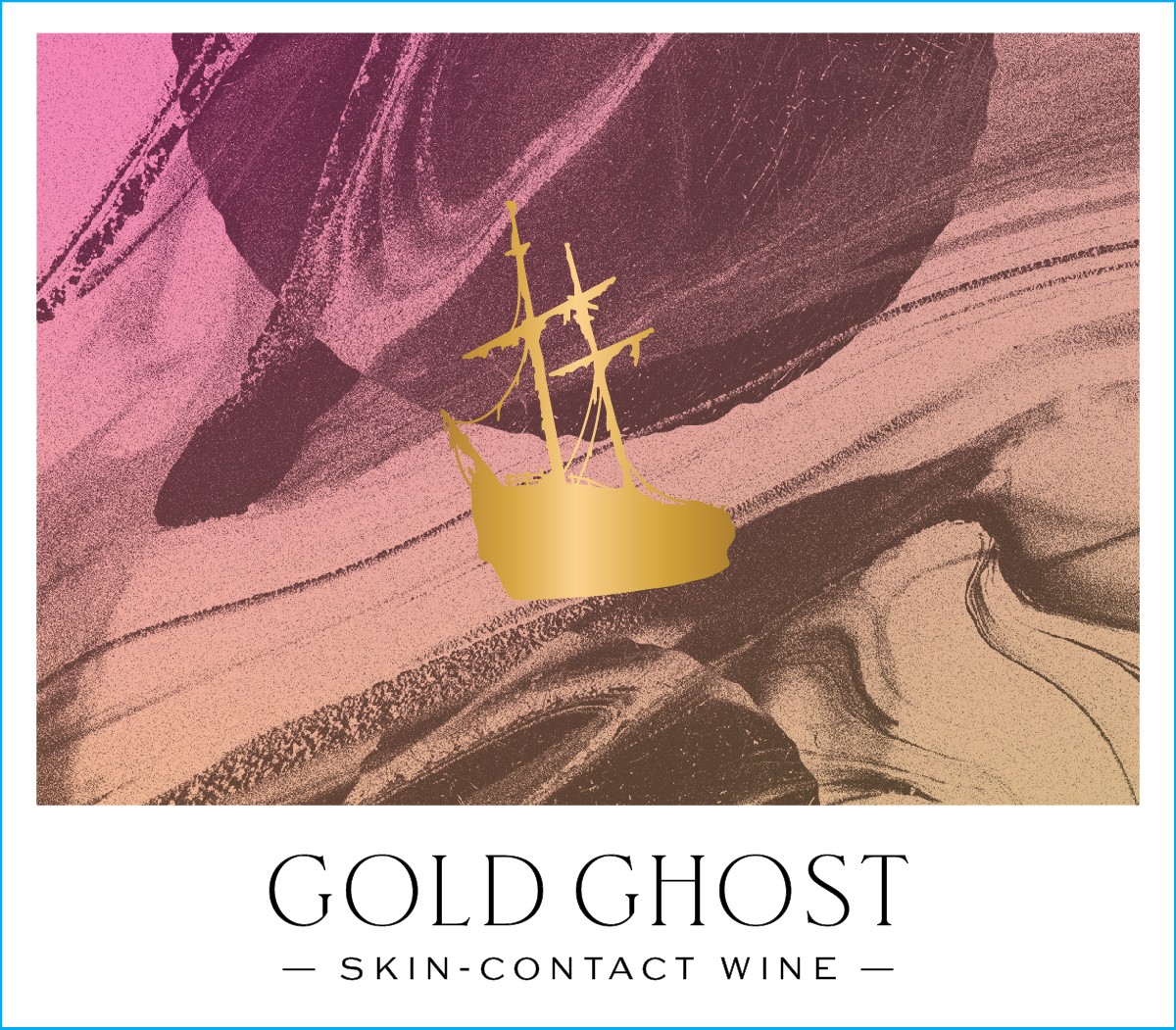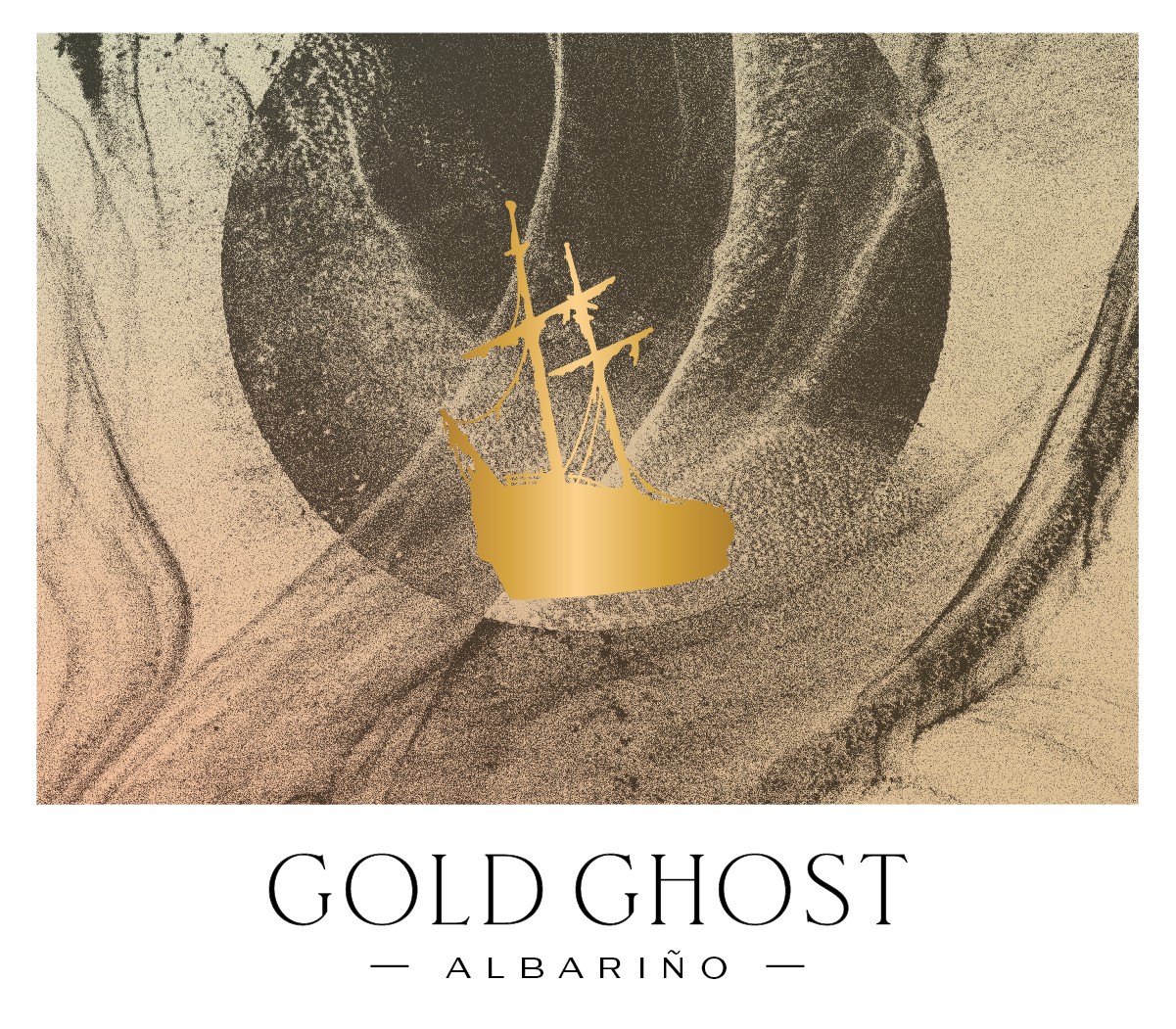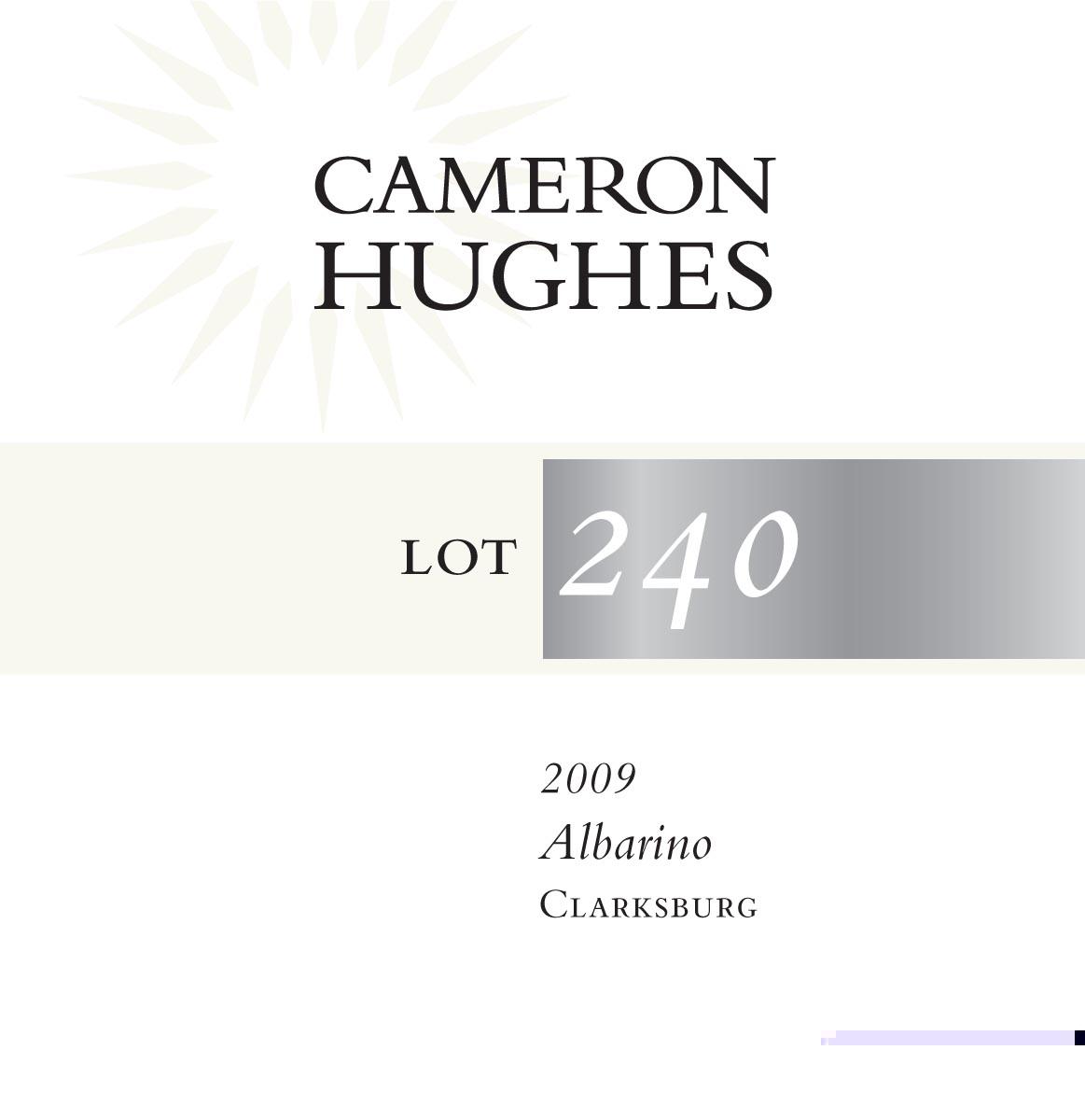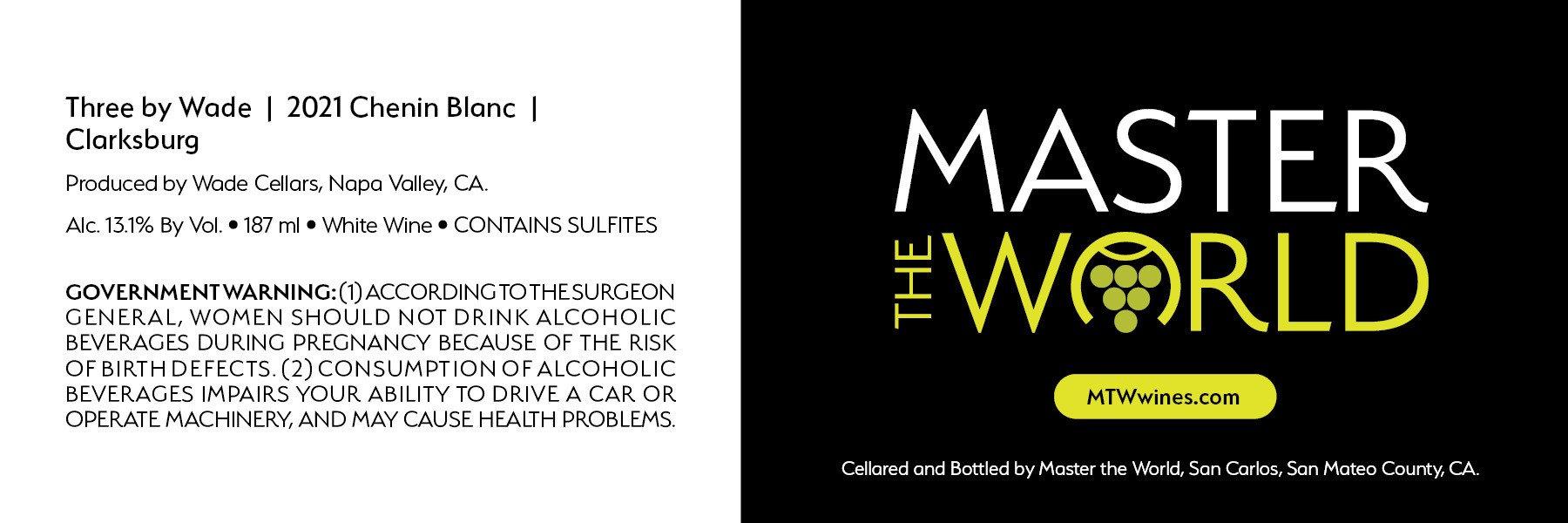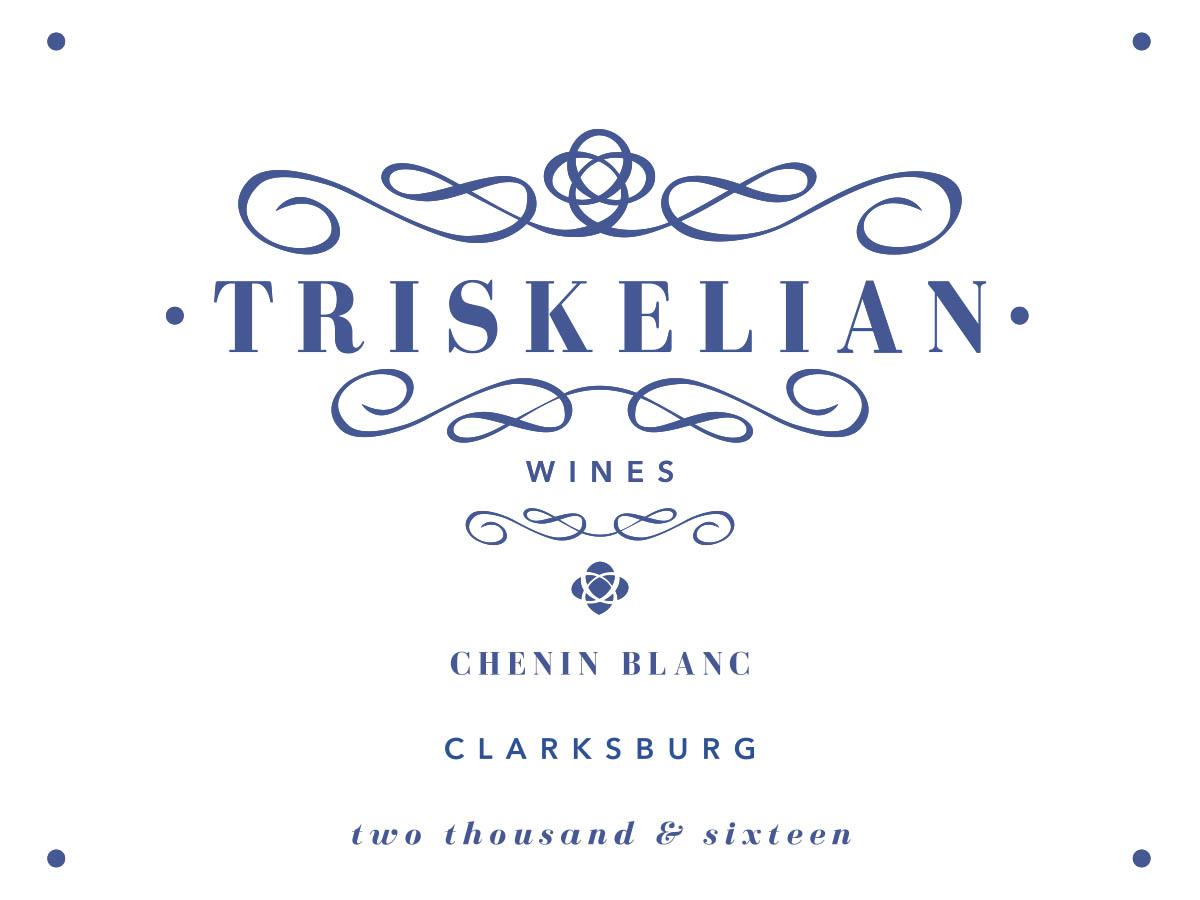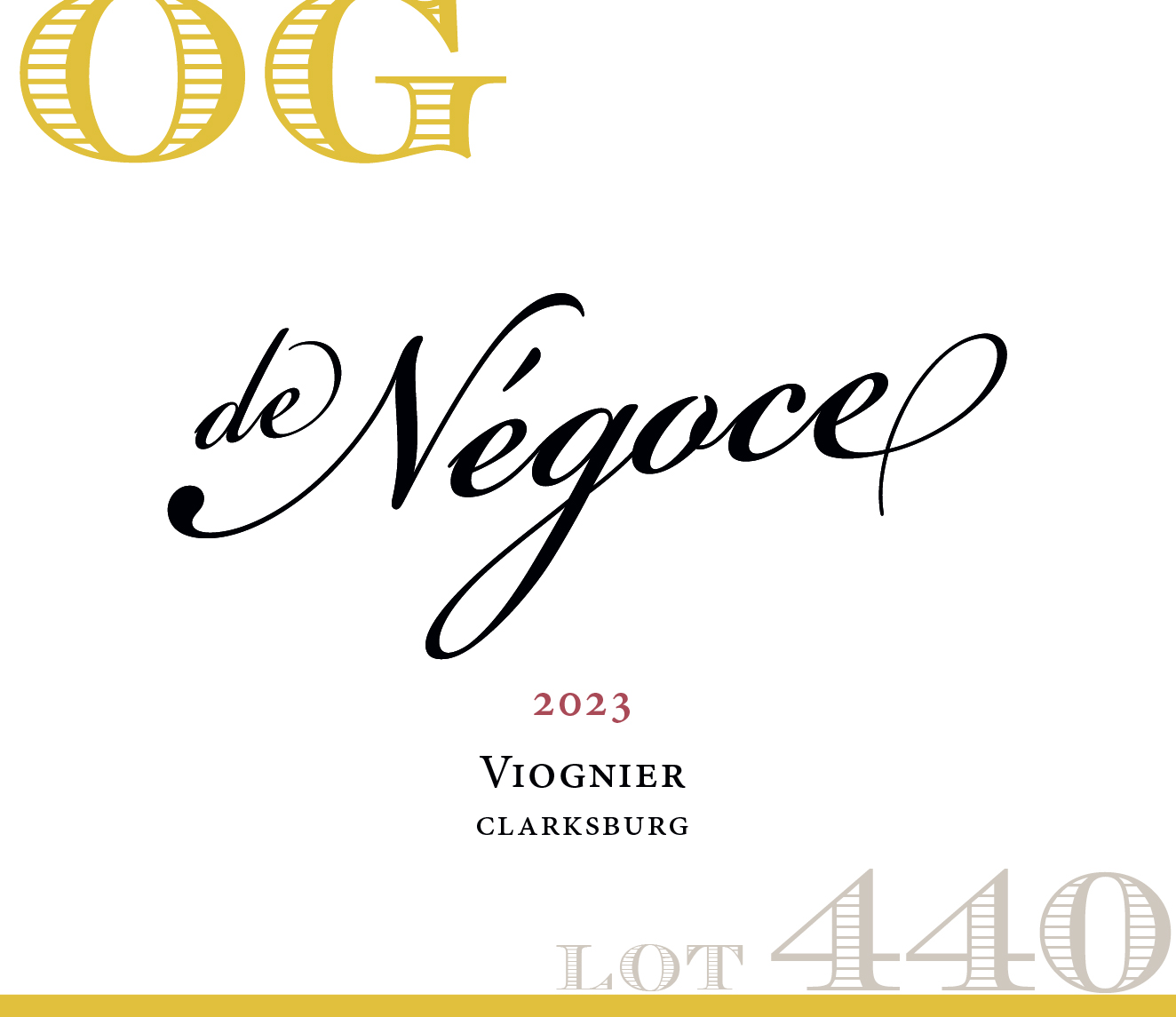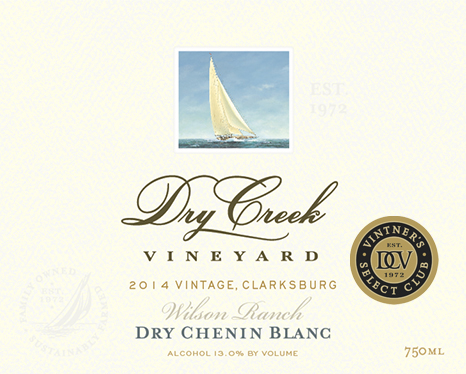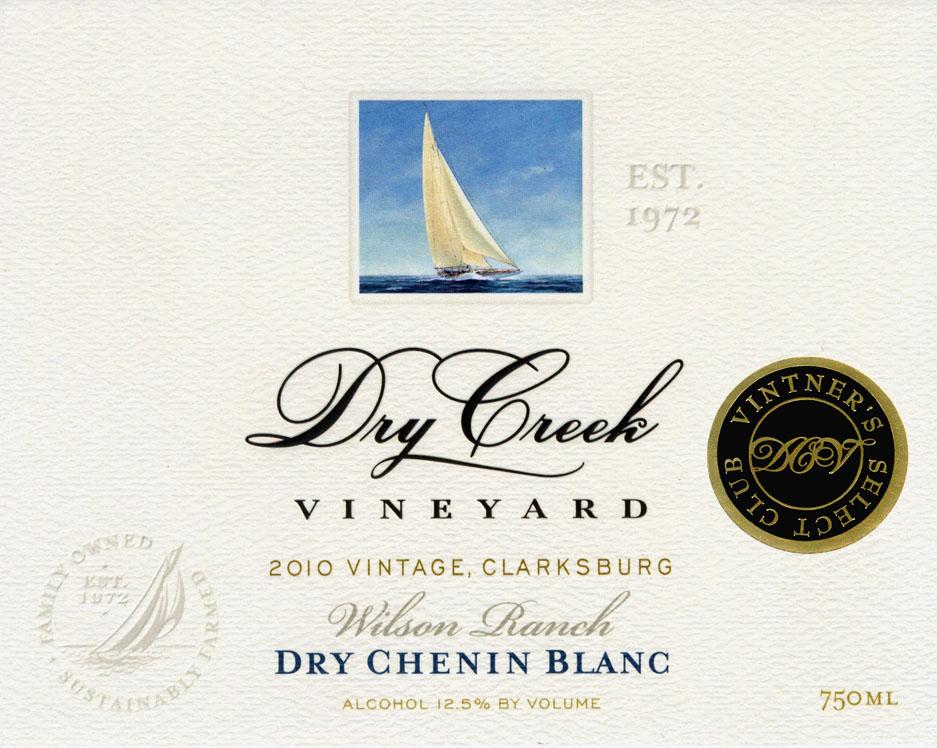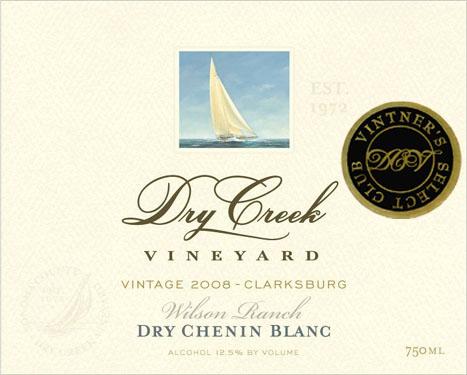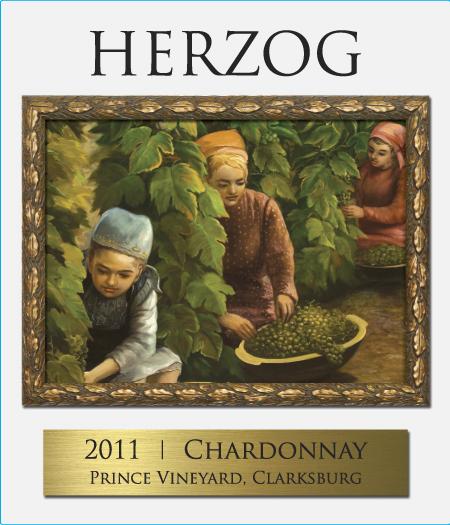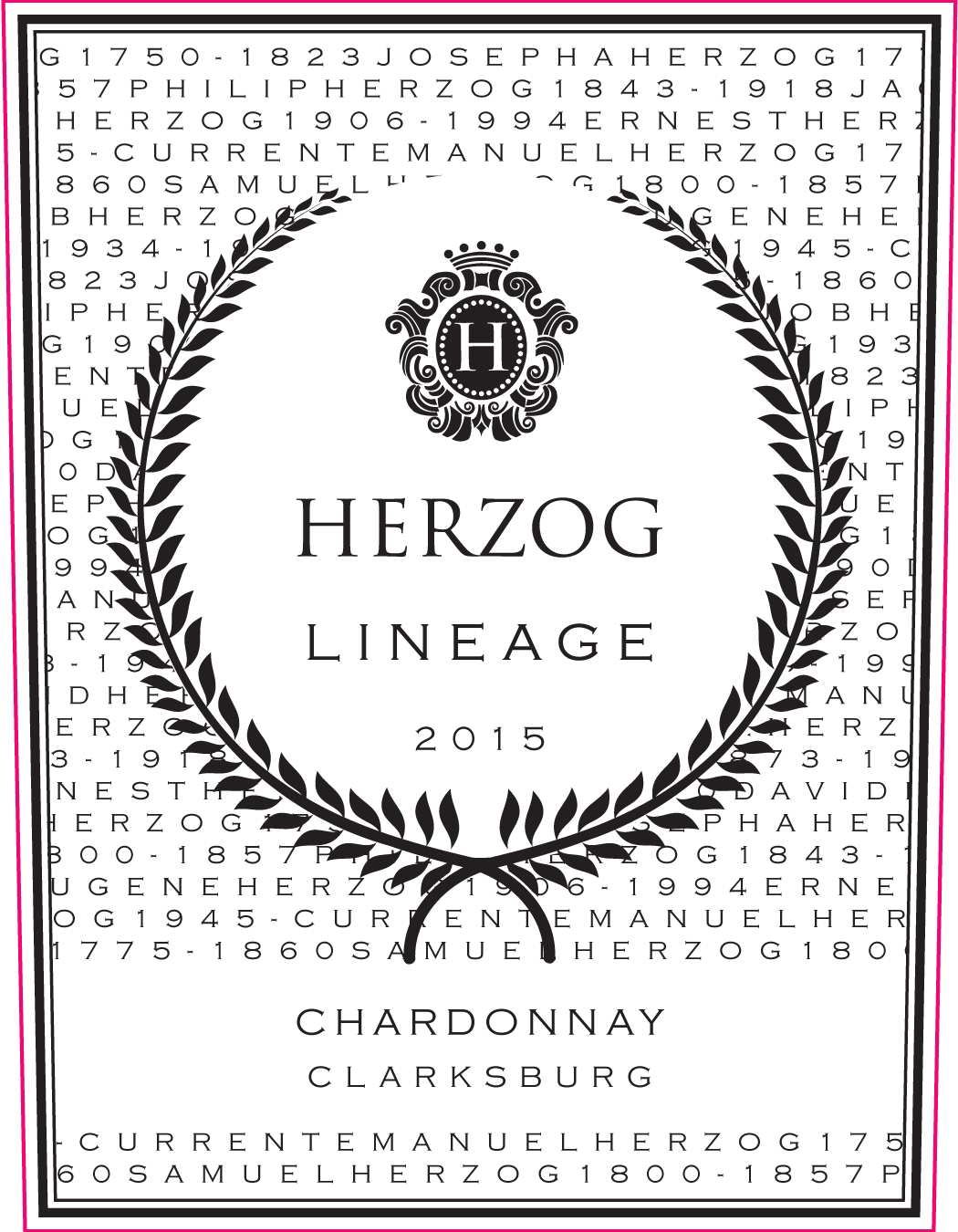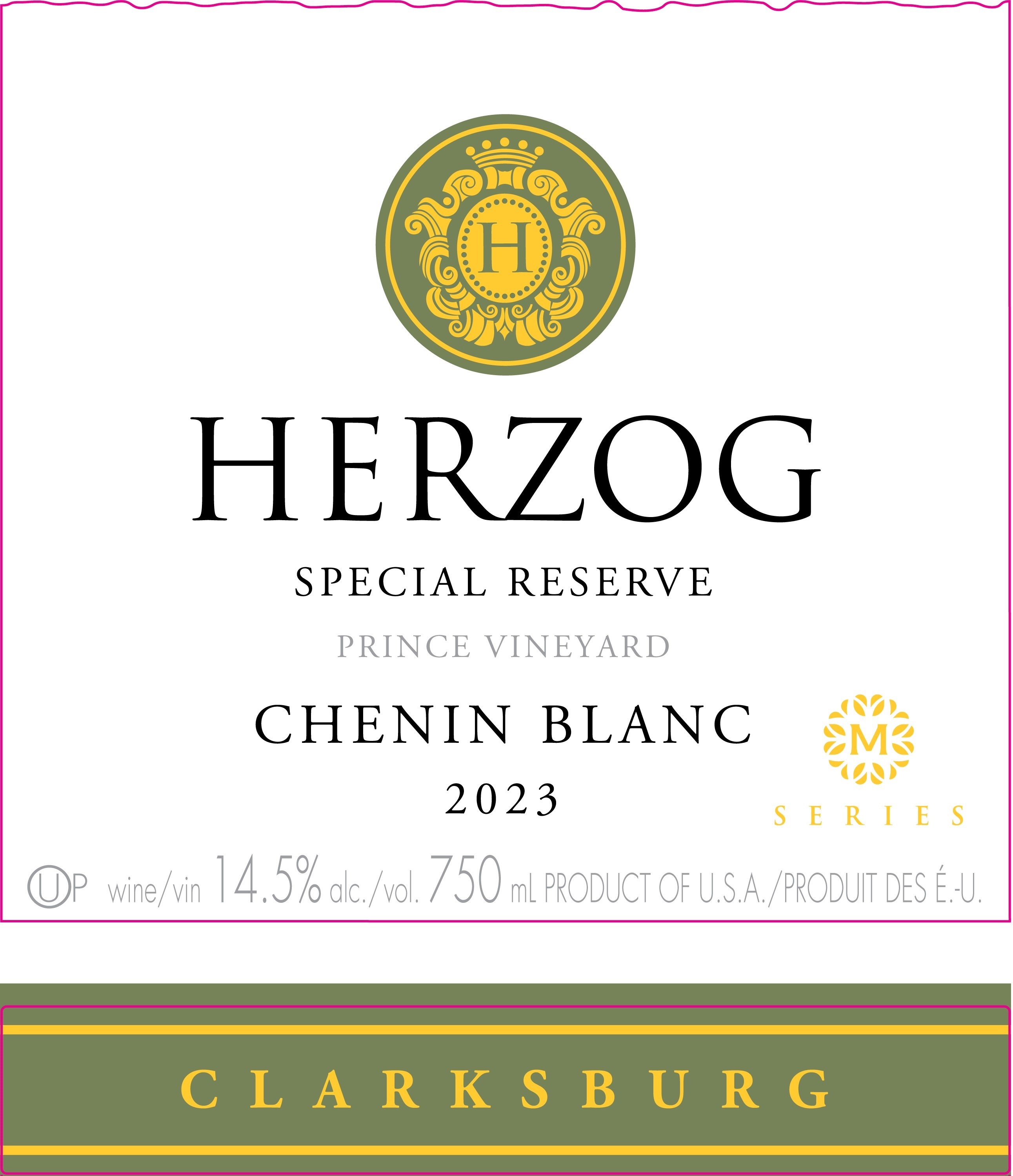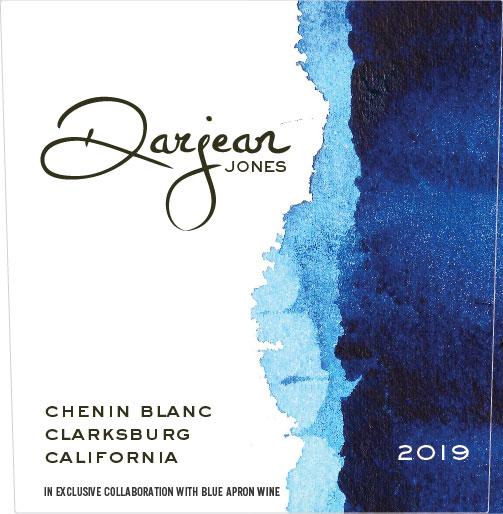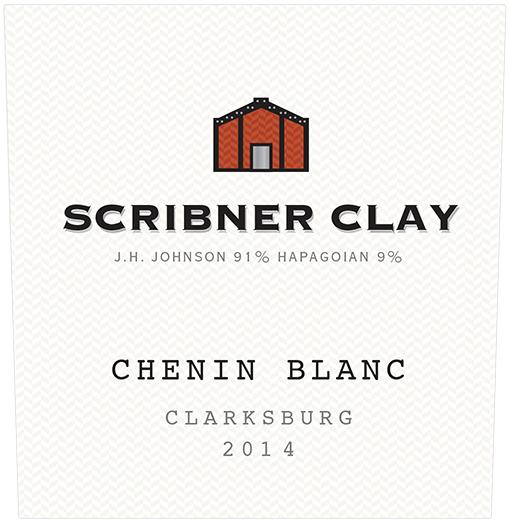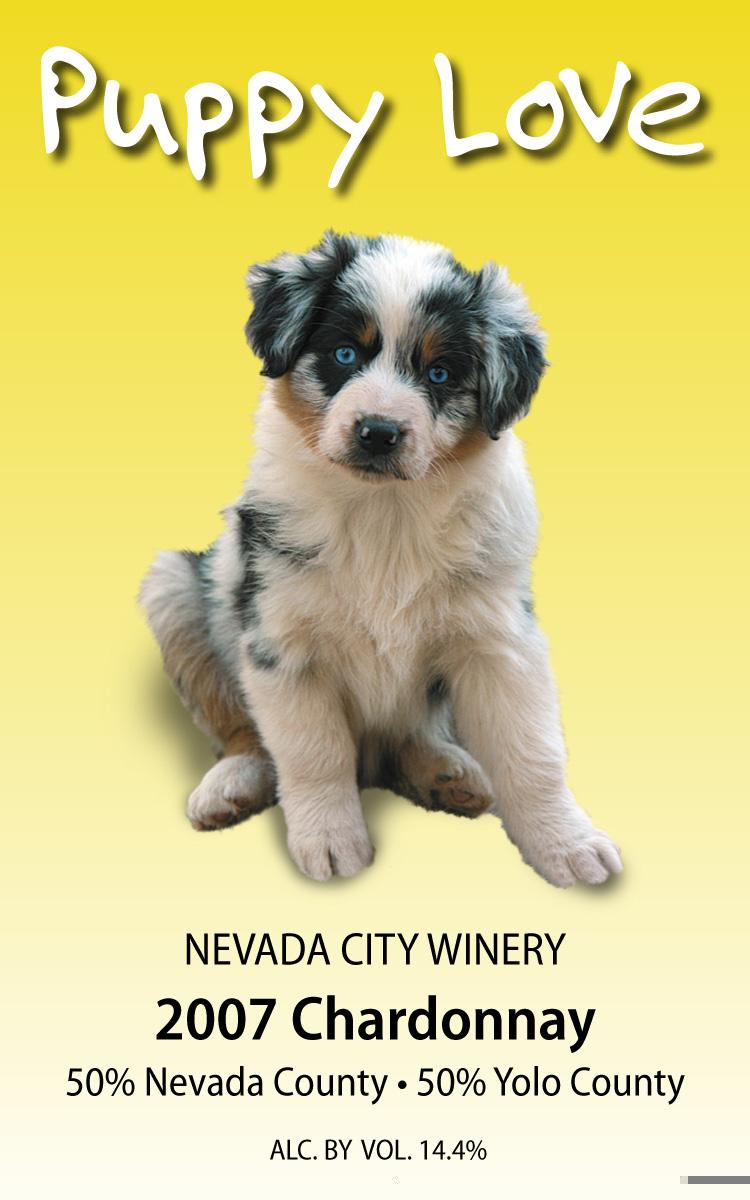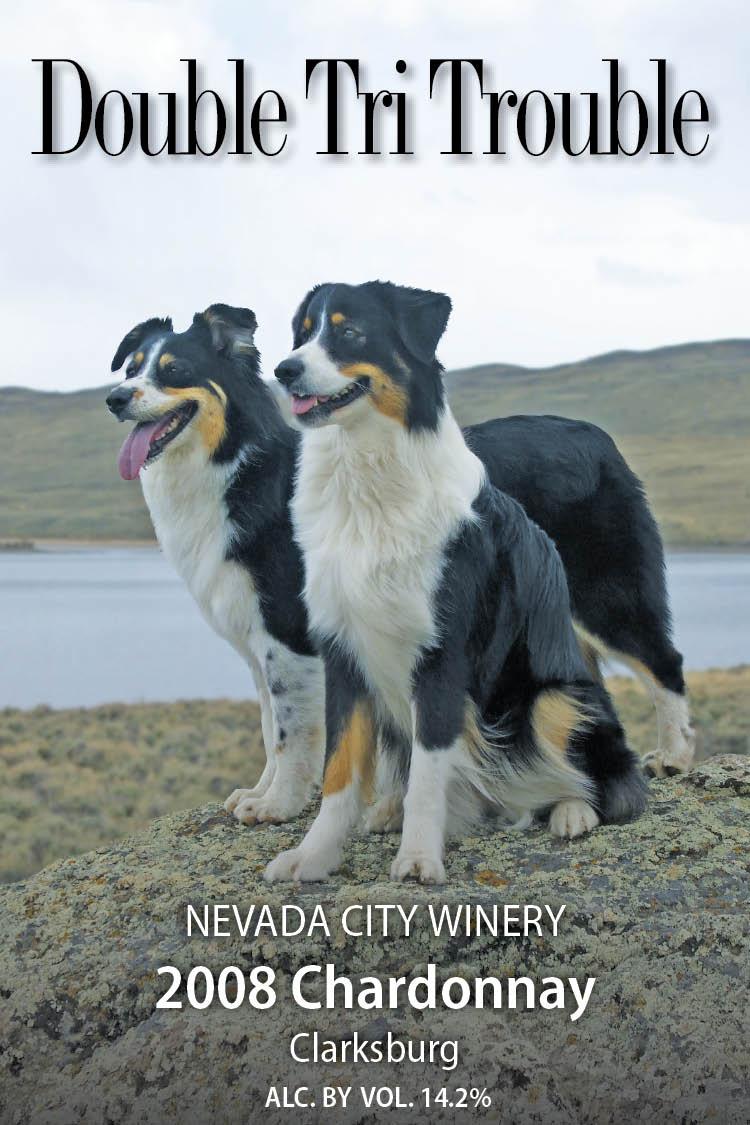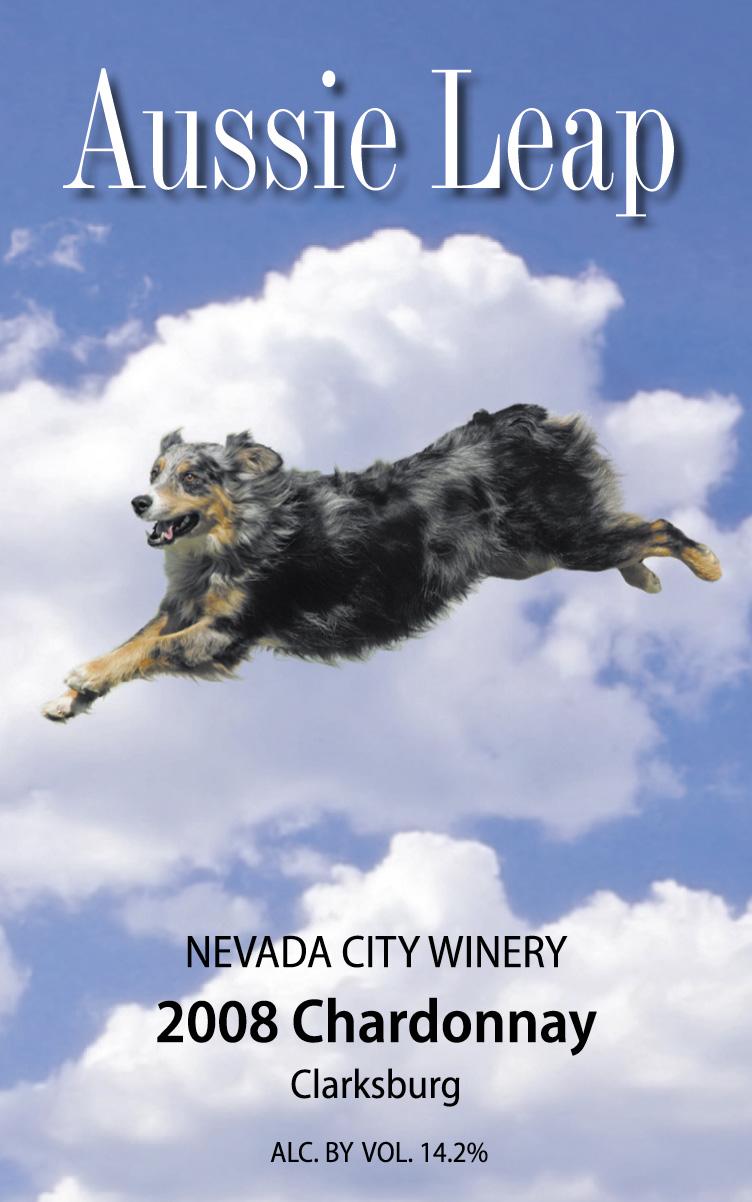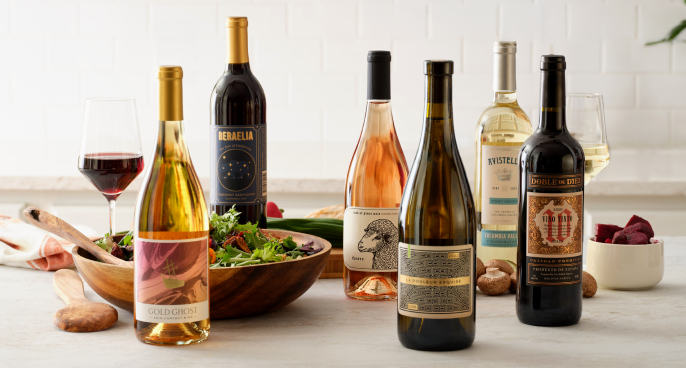Terroir of Yolo County
The terroir of Yolo County is as diverse as its grape varieties. In the Dunnigan Hills AVA, gentle hills sit at around 400 feet above sea level, where gravelly and clay loams enhance flavor intensity. This area benefits from a warm, dry climate with cool, breezy nights, perfect for preserving grape acidity.
In contrast, Capay Valley AVA experiences significant daytime heat and sunshine, leading to early grape ripening. Its deep soils are rich in river rock and volcanic materials, requiring careful canopy management. Clarksburg AVA, with its low elevation and moisture-retaining soils, enjoys cooling Delta breezes that stretch the growing season, ideal for high-acid whites and rich reds.
The Winters Highlands offer a blend of gravelly loams and sunshine at elevations reaching 800 feet, striking a balance between valley and mountain climates. This diverse terroir makes Yolo County a compelling region for a range of wine styles.
Notable Wineries in Yolo County
Yolo County’s wine scene is defined by its blend of tradition and innovation, with several notable wineries showcasing the region's diverse terroir and grape varieties. At Heringer Estates in Clarksburg AVA, sustainable farming has been a family tradition since the 1800s, producing popular Petite Sirah and Malbec. In Capay Valley, Séka Hills stands out for its integration of responsible agriculture with wine and olive oil production, run by the Yocha Dehe Wintun Nation.
Great Bear Vineyards, near Davis, excels in Rhône-style wines, benefiting from eco-friendly practices and ideal climate conditions. Meanwhile, Matchbook Wine Company offers stunning views and sustainable red wines in Dunnigan Hills AVA. The unique Old Sugar Mill in Clarksburg houses several wineries, providing a convenient tasting experience. Each winery contributes to Yolo County's reputation as a hidden gem in California wine.
Sustainable Winemaking in Yolo County
Yolo County is making strides in sustainable wine production, aligning with its rich agricultural roots and farm-to-fork culture. Producers integrate holistic land care by combining vineyards with orchards, olive trees, and beekeeping. This not only boosts biodiversity but also nurtures soil health.
Effective soil and plant management practices, such as cover cropping and composting, help prevent erosion and attract beneficial insects. Water conservation is a priority, with drip irrigation and solar energy systems reducing environmental impact. Many vineyards are also part of third-party sustainability initiatives like California Sustainable Winegrowing, and some pursue organic certification.
Research from UC Davis supports these eco-friendly efforts, emphasizing practices like efficient water use and resilient rootstocks. Together, these initiatives make Yolo County a leader in sustainable viticulture, harmonizing traditional agriculture with innovative practices.
Wine Tourism in Yolo County
Yolo County offers a rich tapestry for wine tourism, blending scenic vistas with a laid-back atmosphere. Visitors can explore wine events featuring local pairings and live music, alongside scenic tasting trails that wind through Capay Valley and Dunnigan Hills. These routes reveal picturesque vineyards and orchards, ideal for driving or cycling.
Wineries in the area provide family-friendly experiences with picnic spots and sometimes live entertainment. The Old Sugar Mill in Clarksburg presents a unique opportunity to enjoy multi-winery tastings under one roof. Outdoor enthusiasts can complement their wine experience with activities like hiking or bird-watching along Cache and Putah Creeks.
Yolo's farm-to-table culture thrives through fresh produce and artisanal products that perfectly complement its wines. The county's warm hospitality, combined with its diverse terroir and sustainable practices, makes it a compelling destination for wine lovers and adventurers alike.

